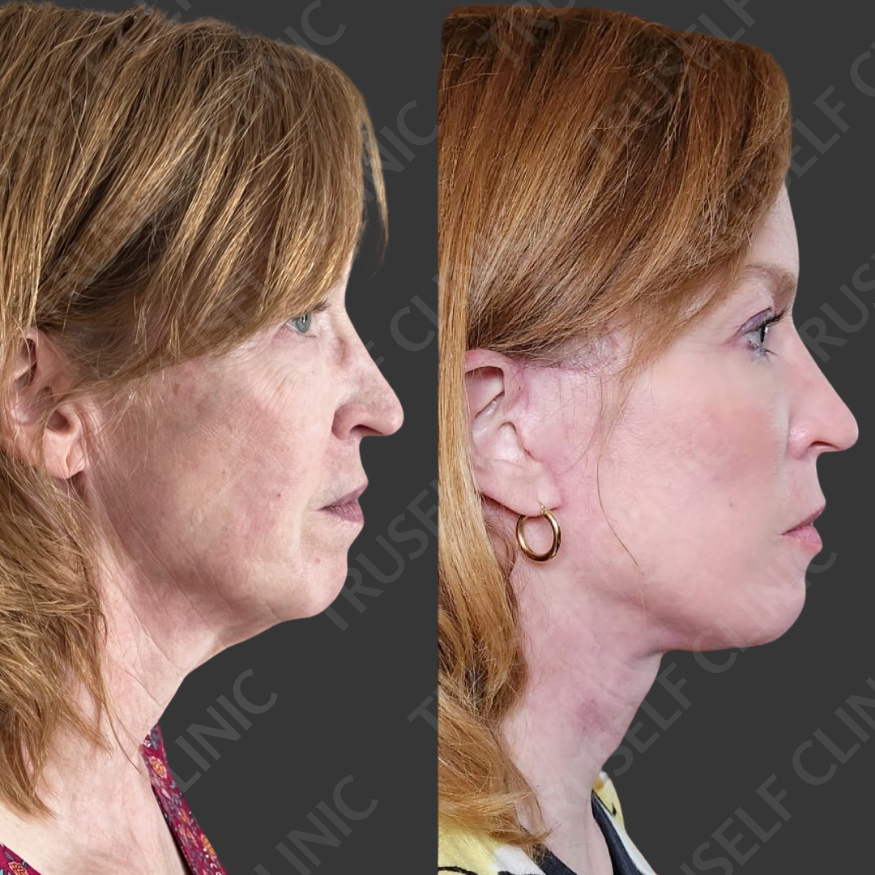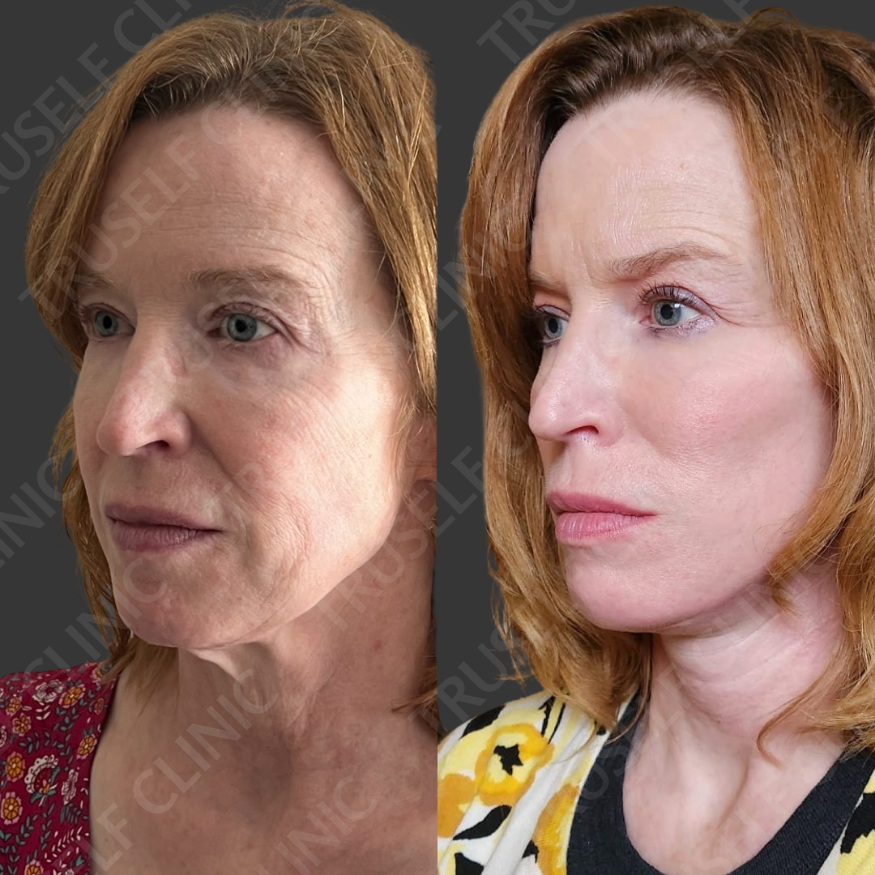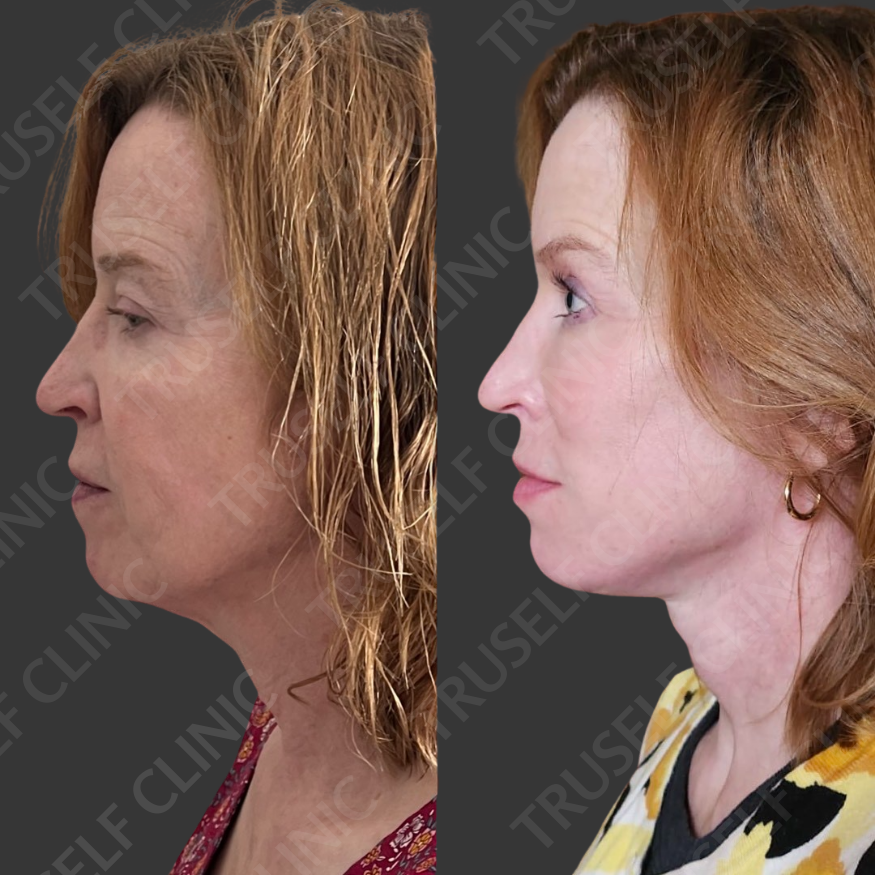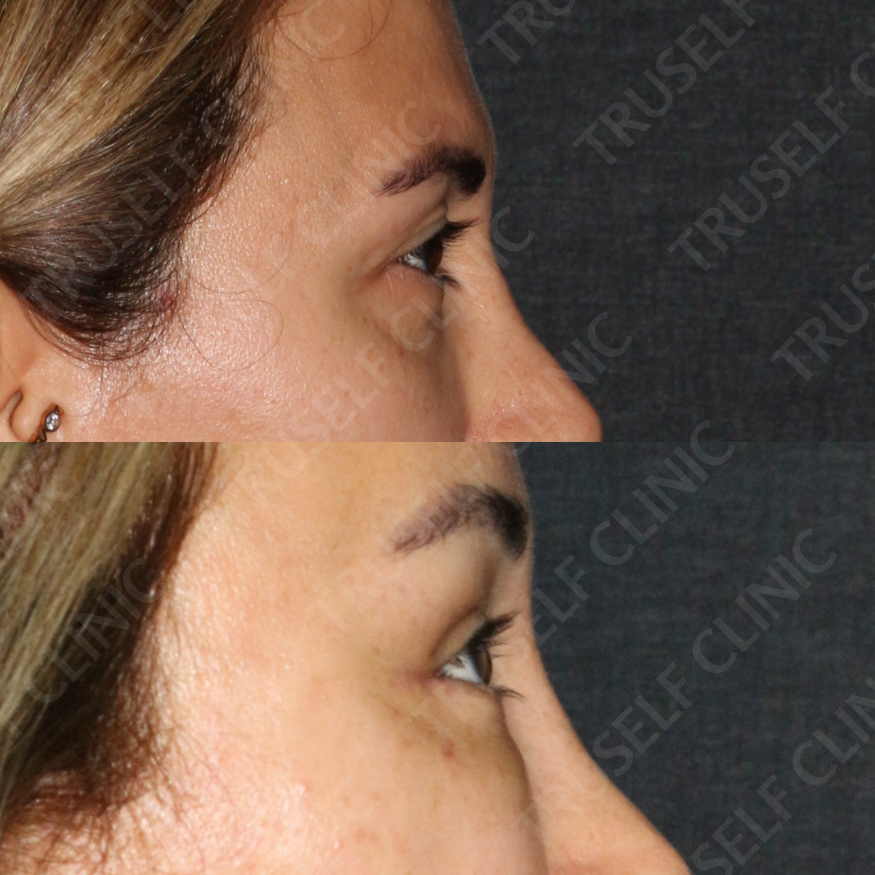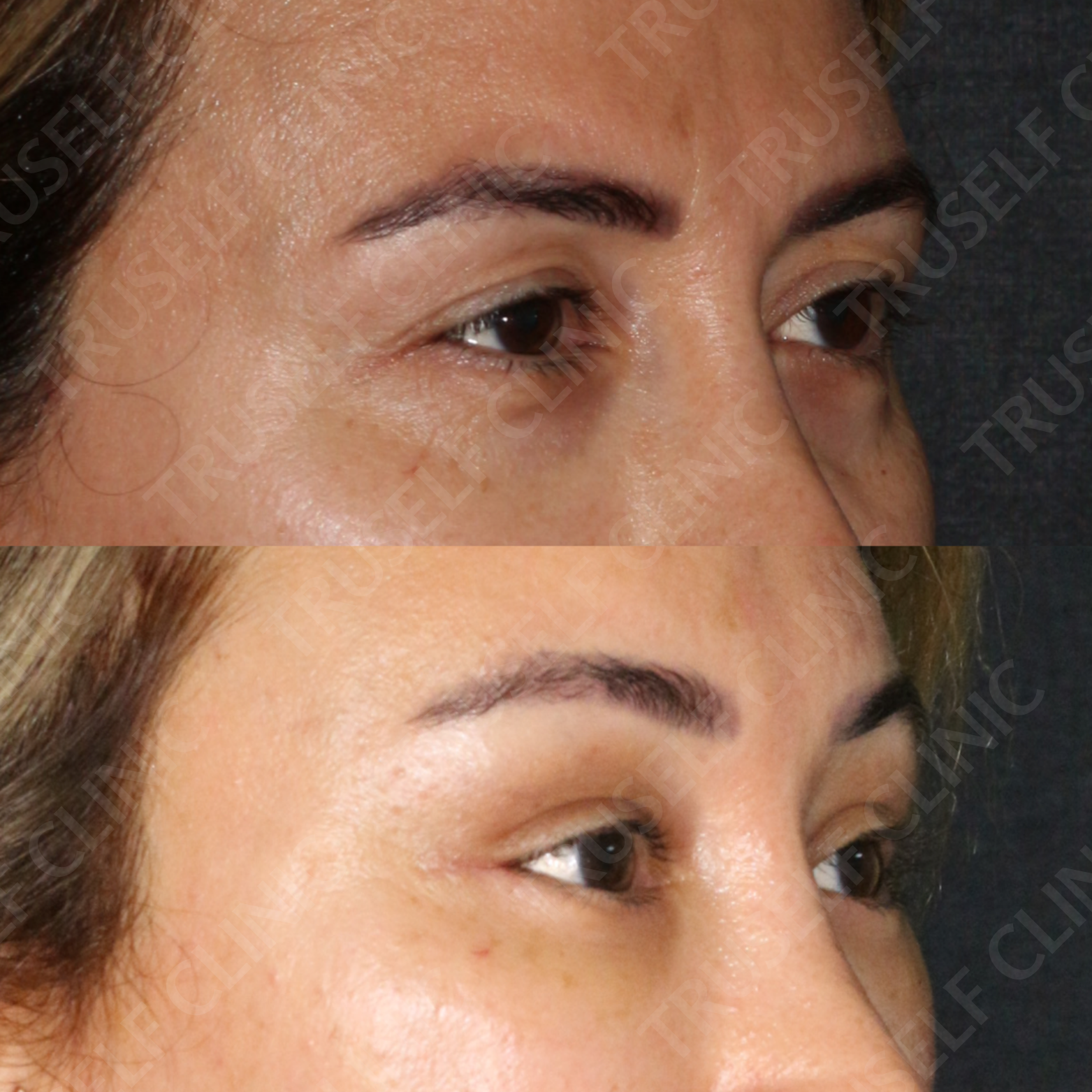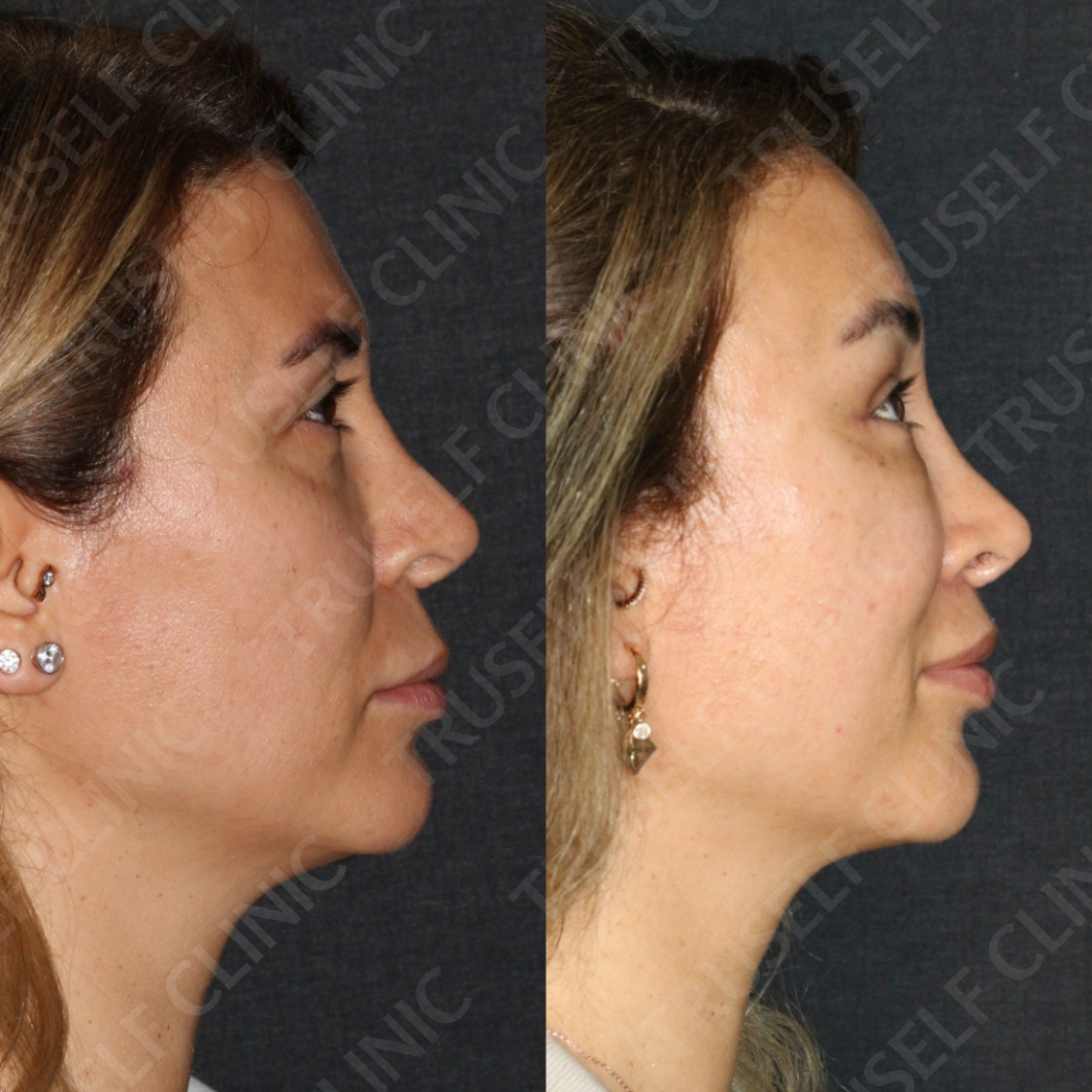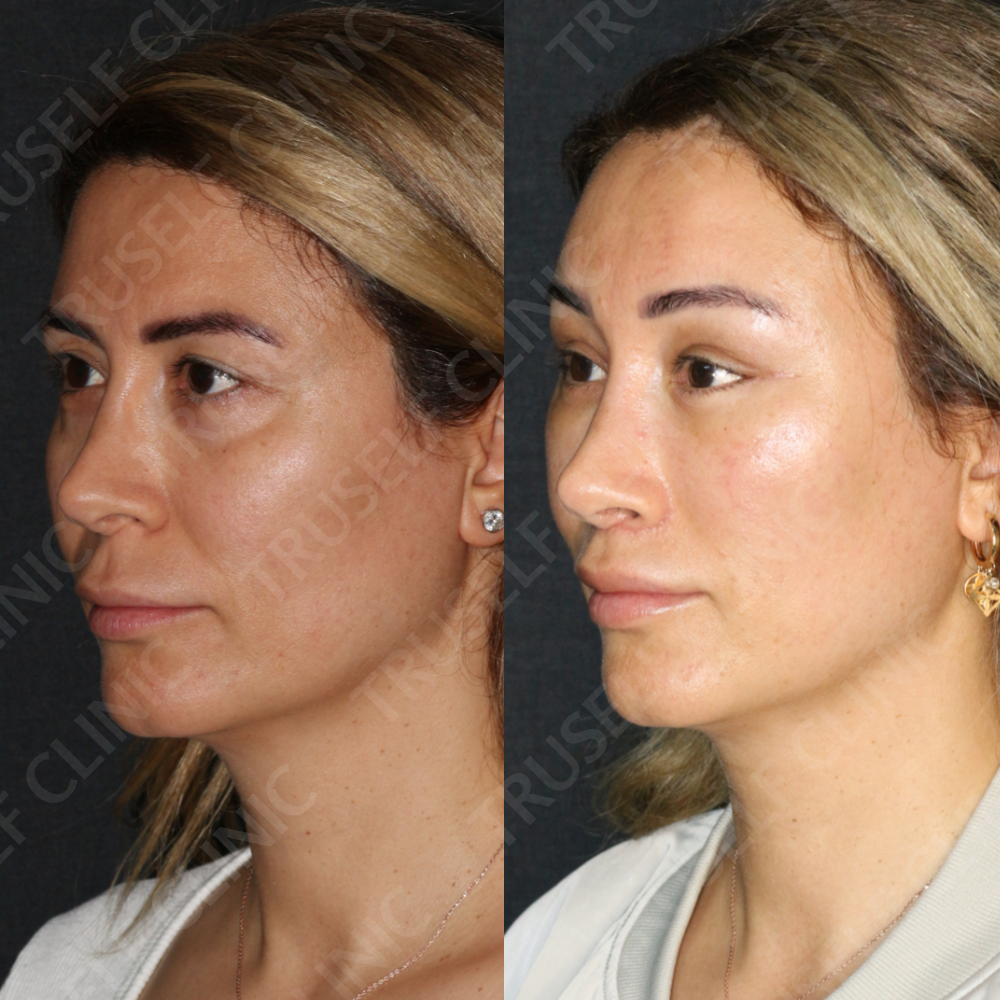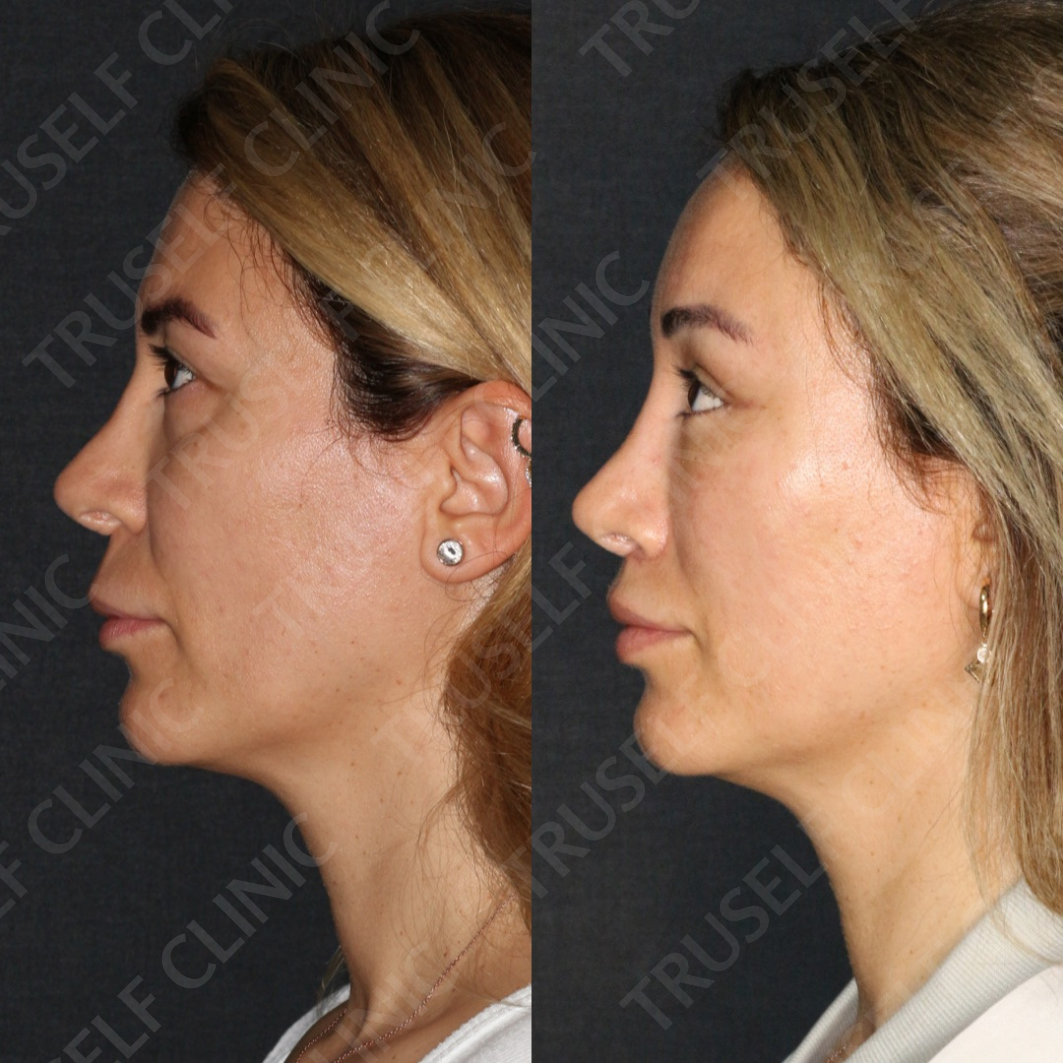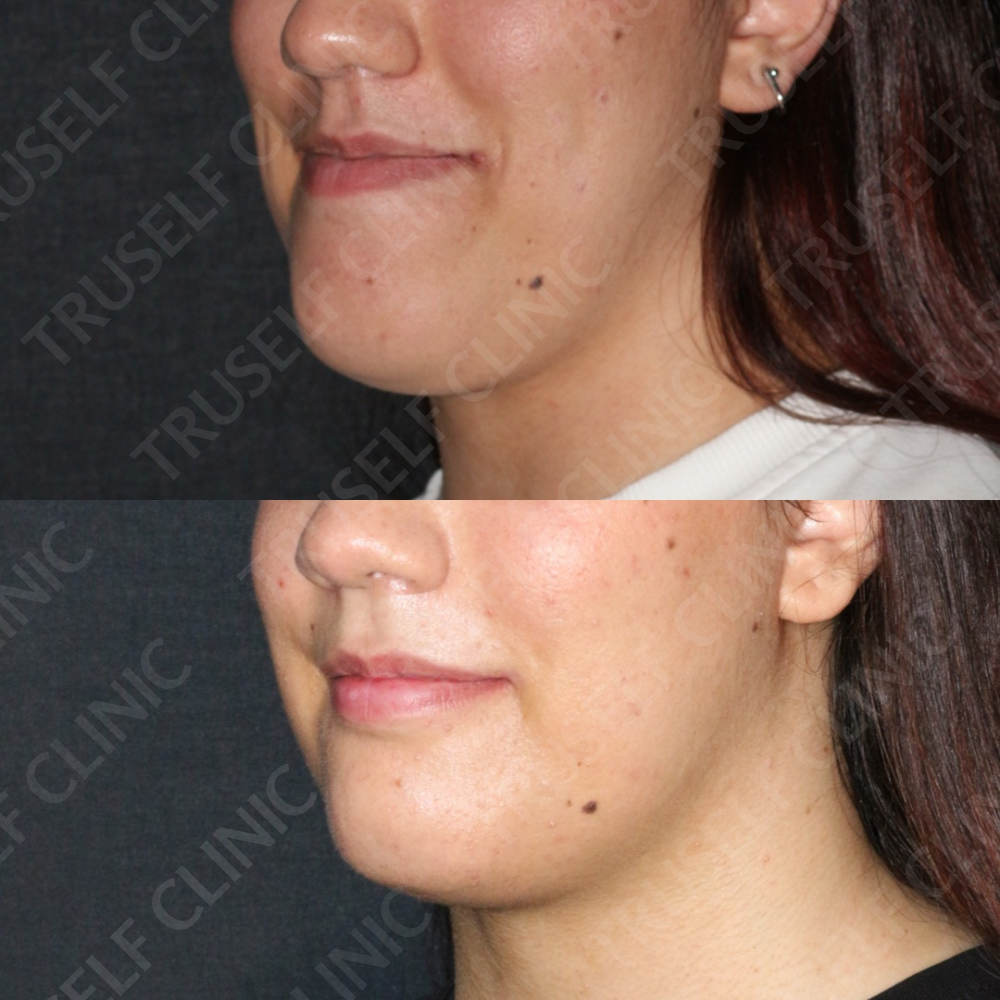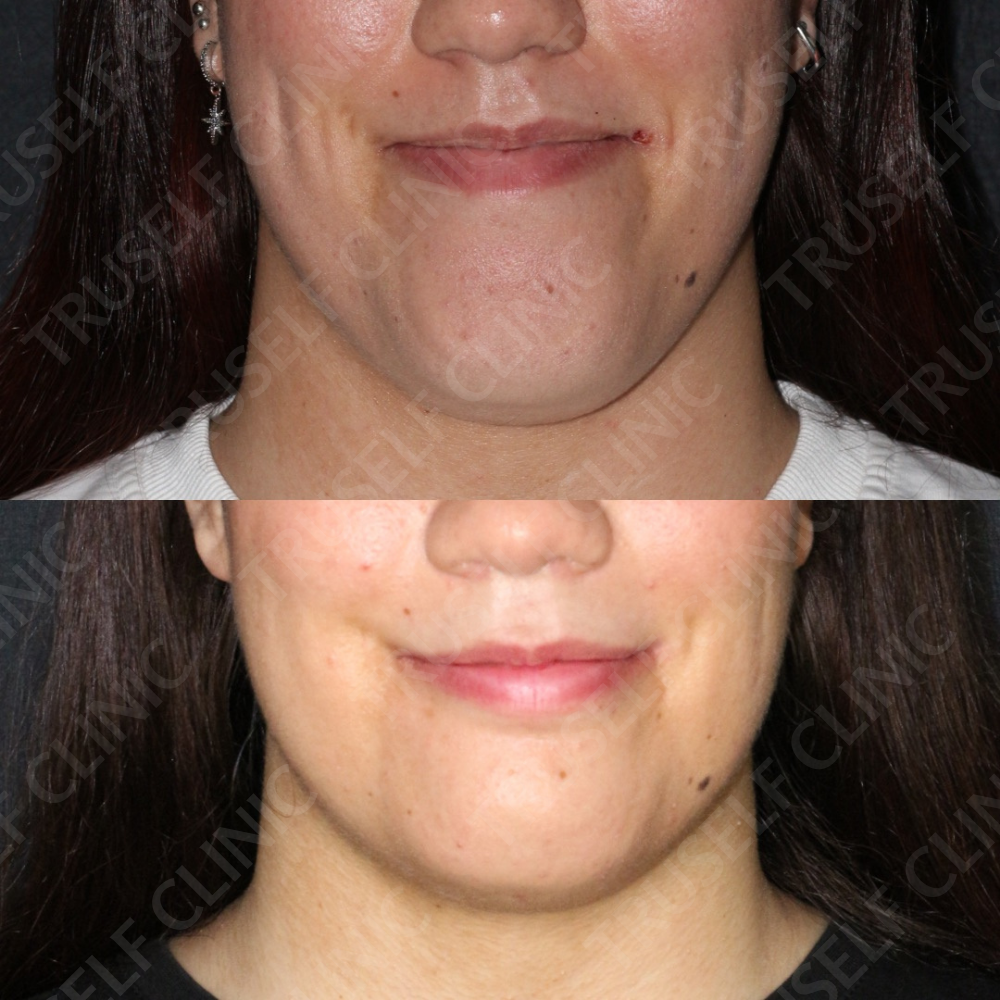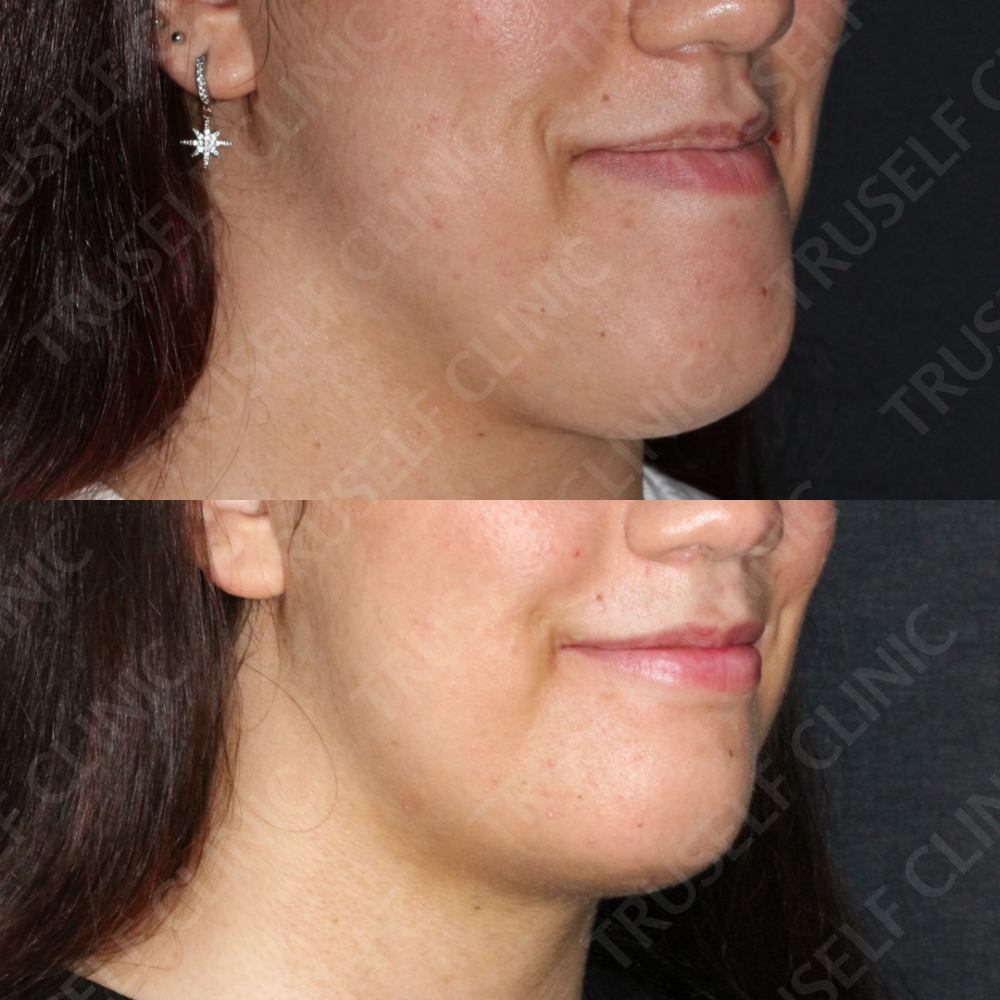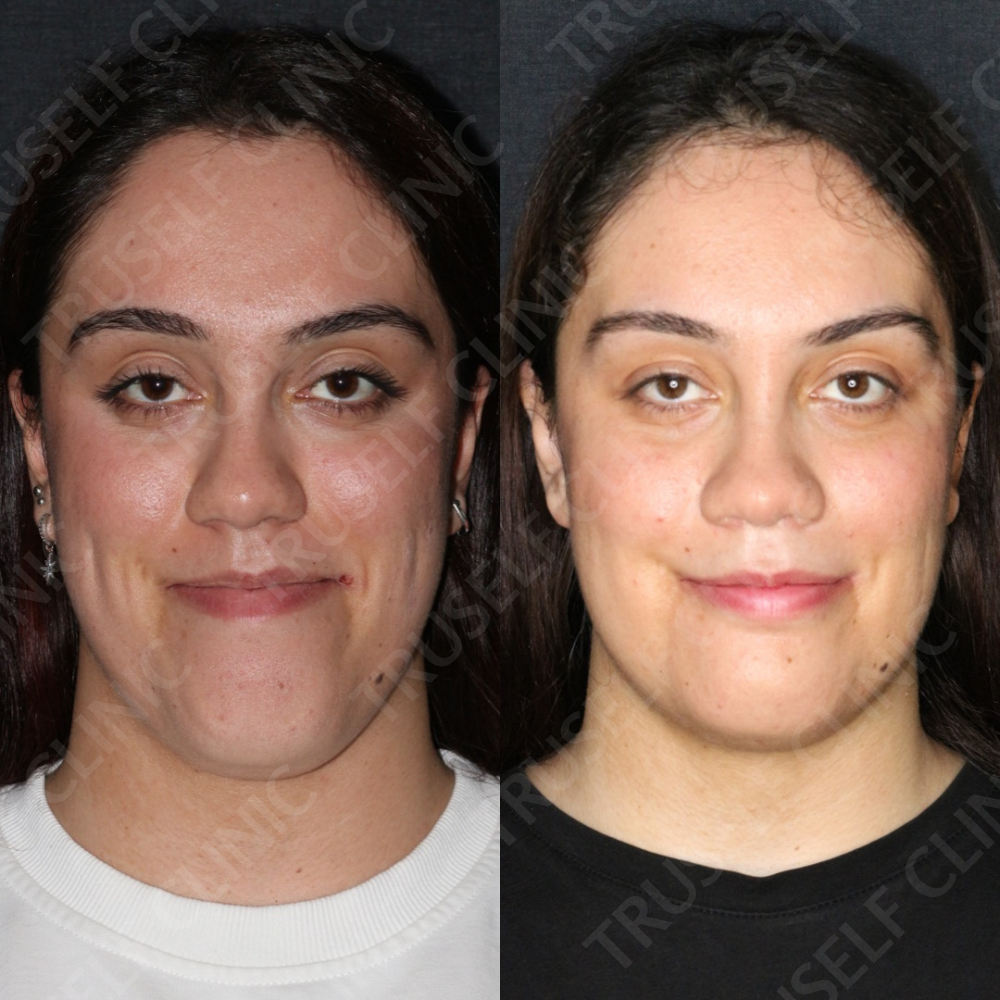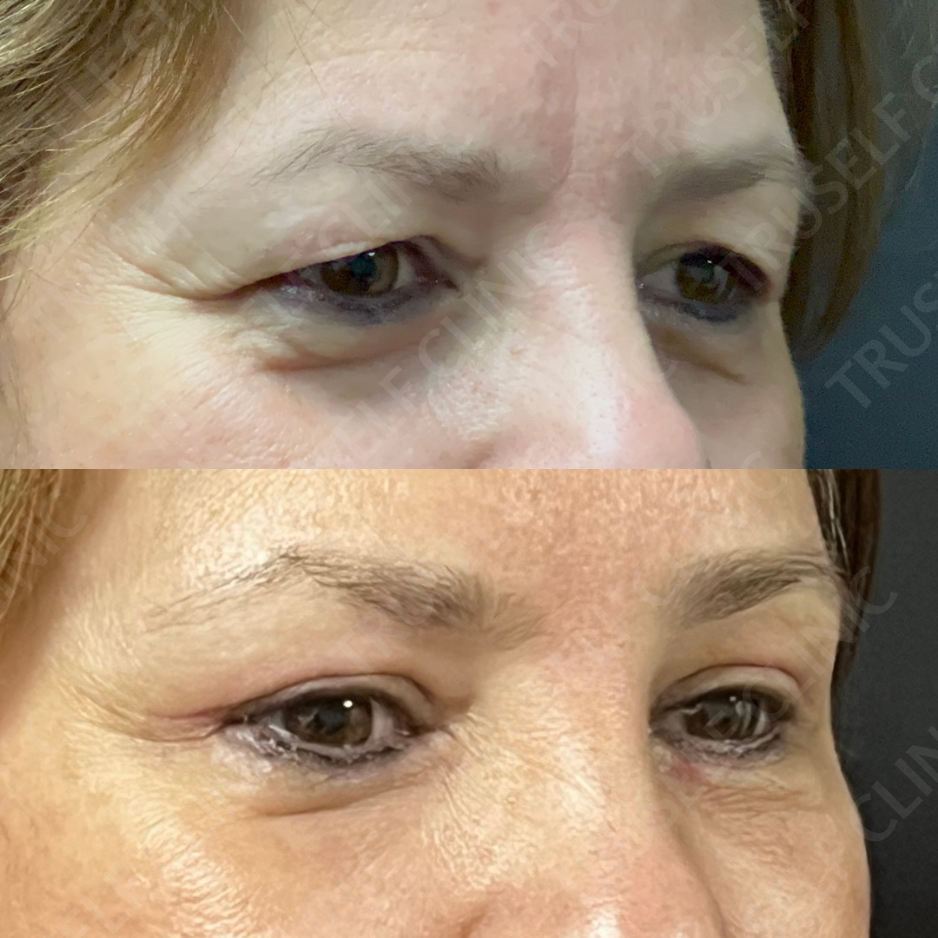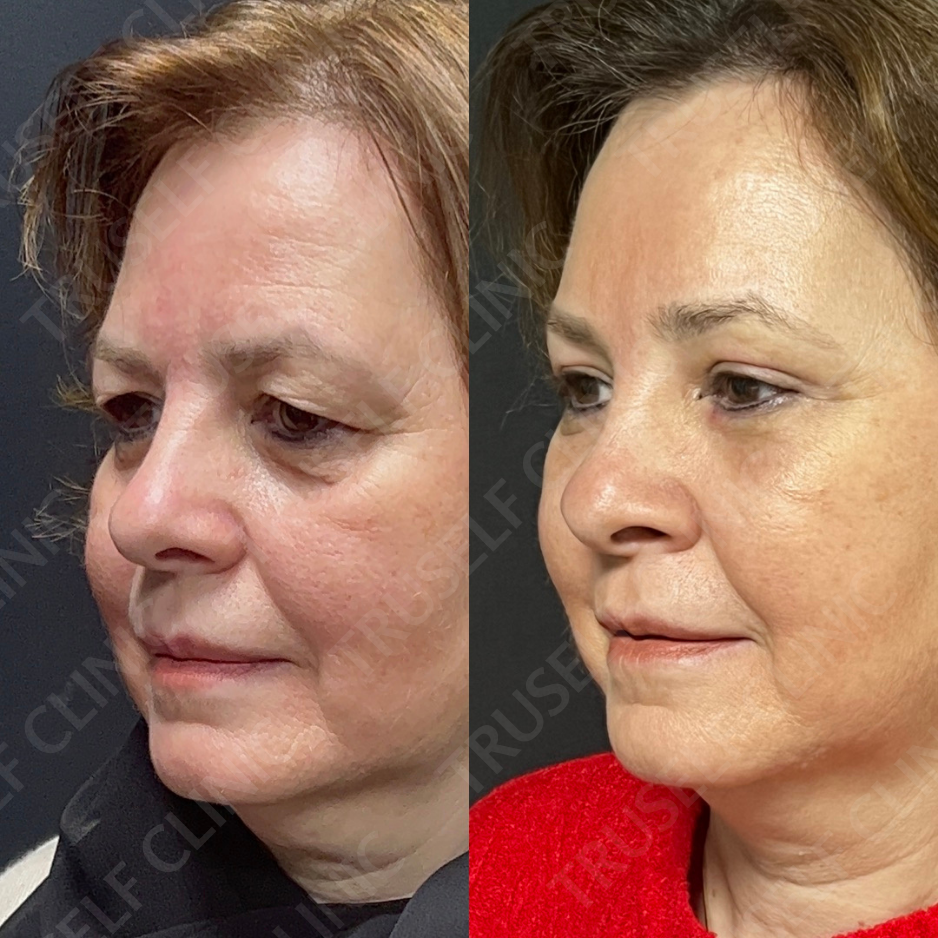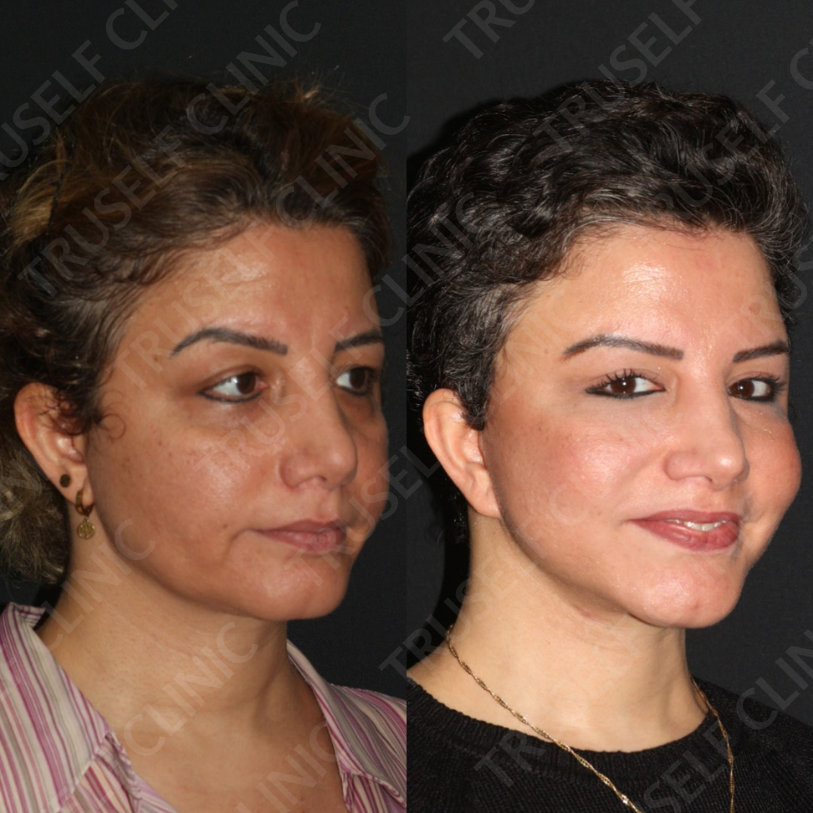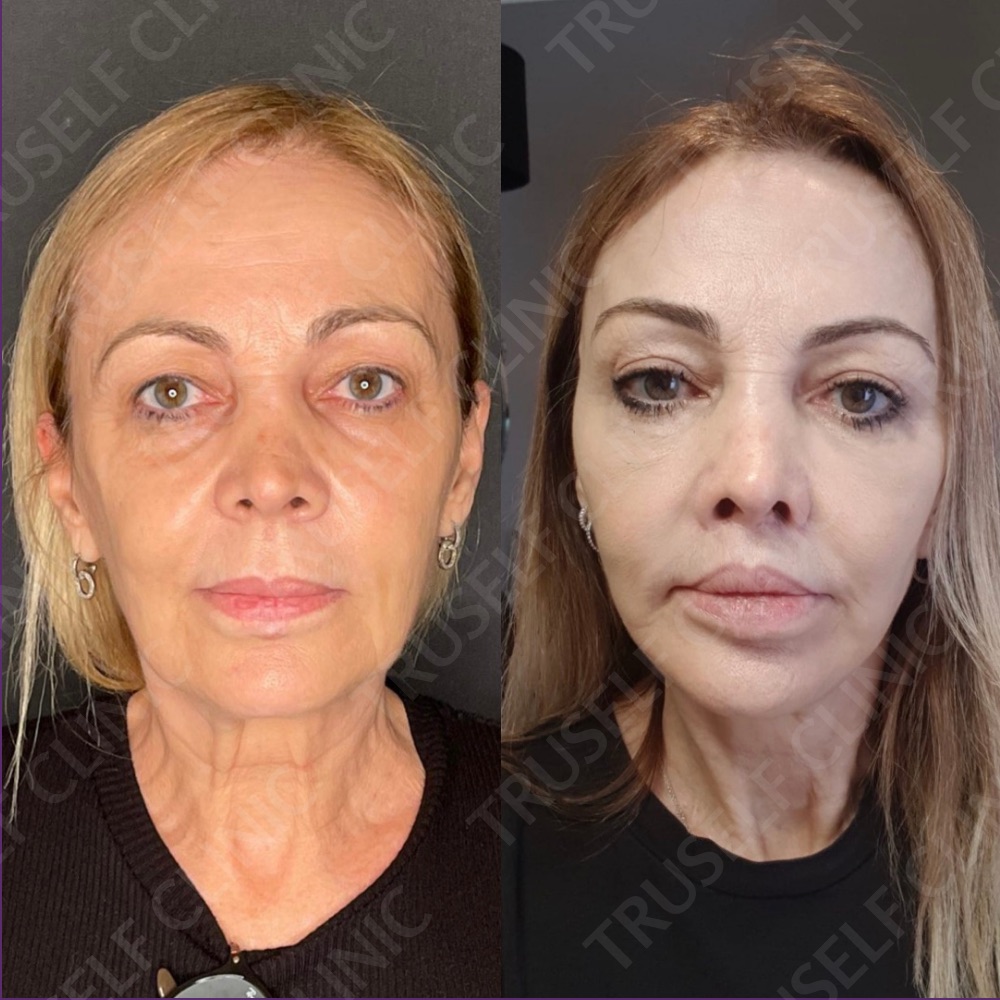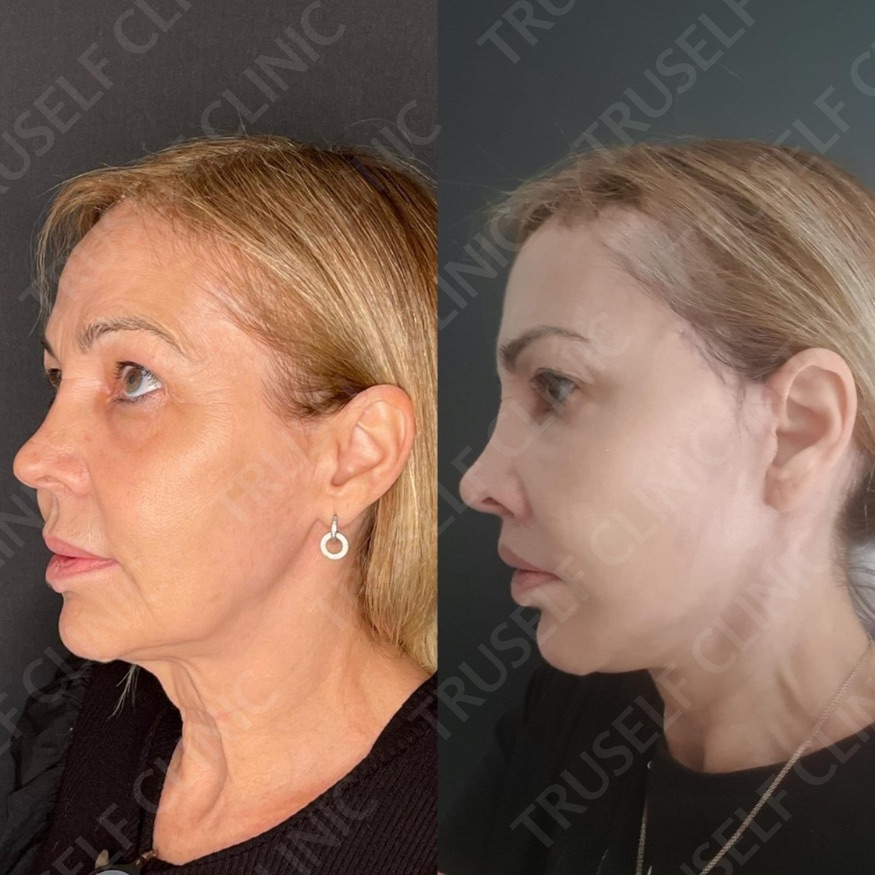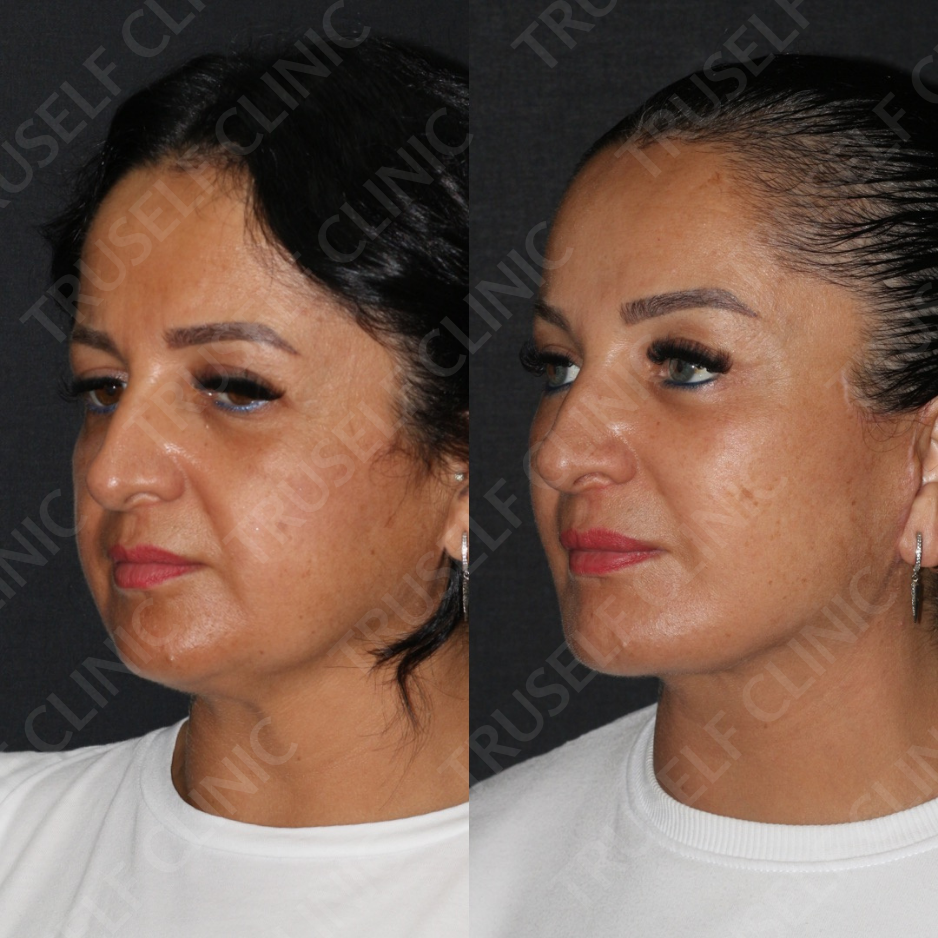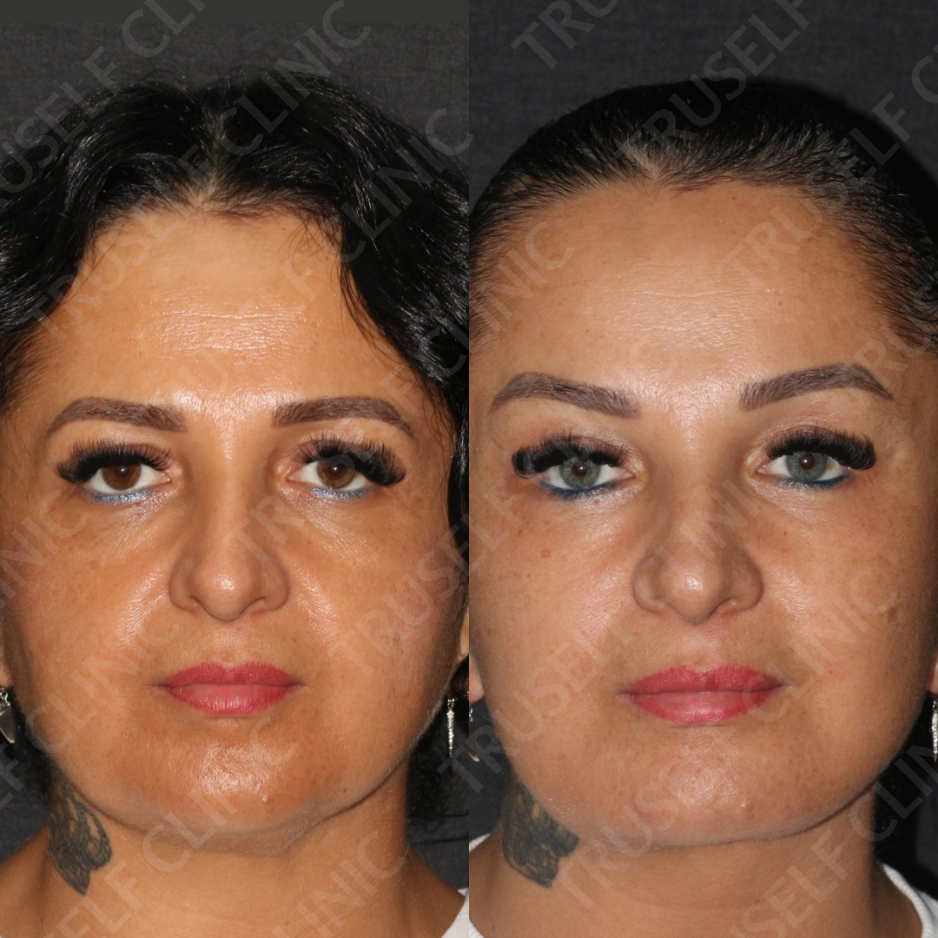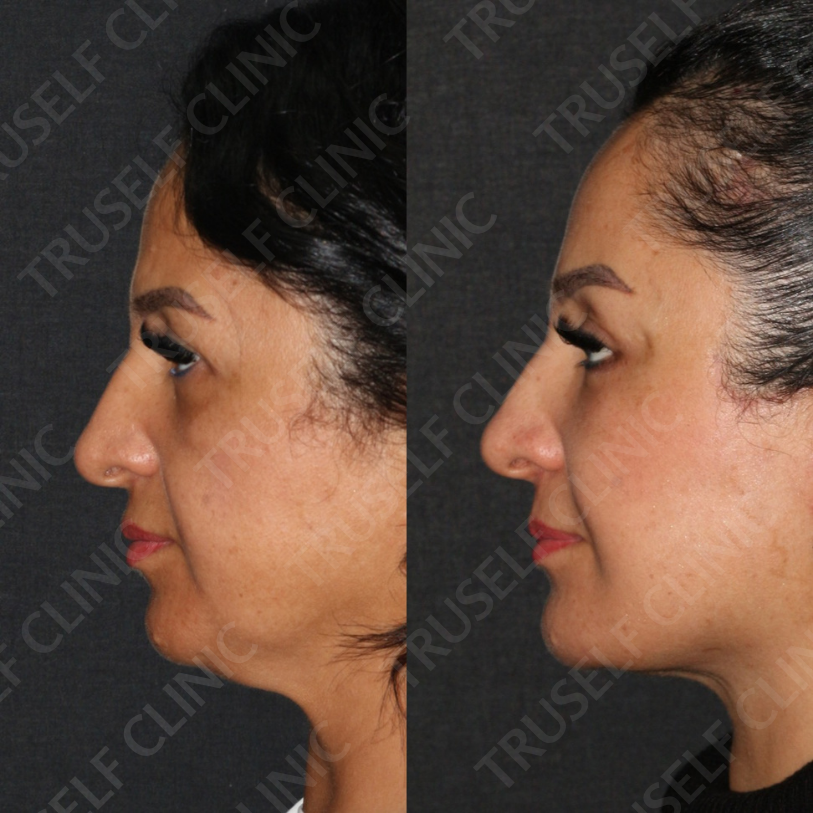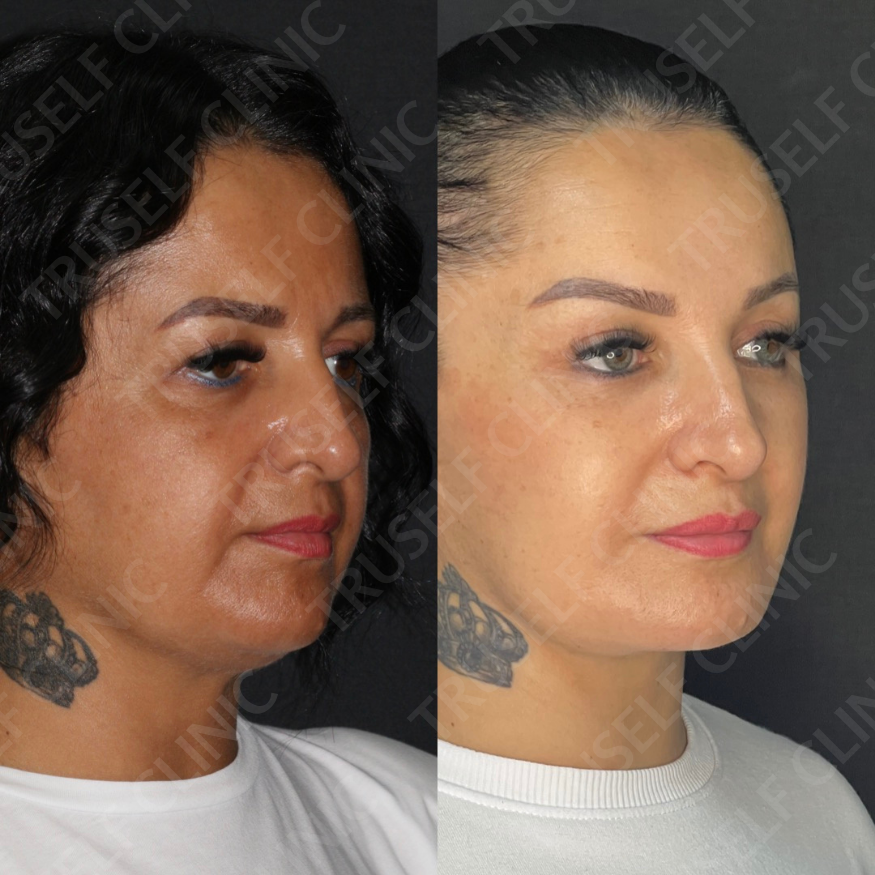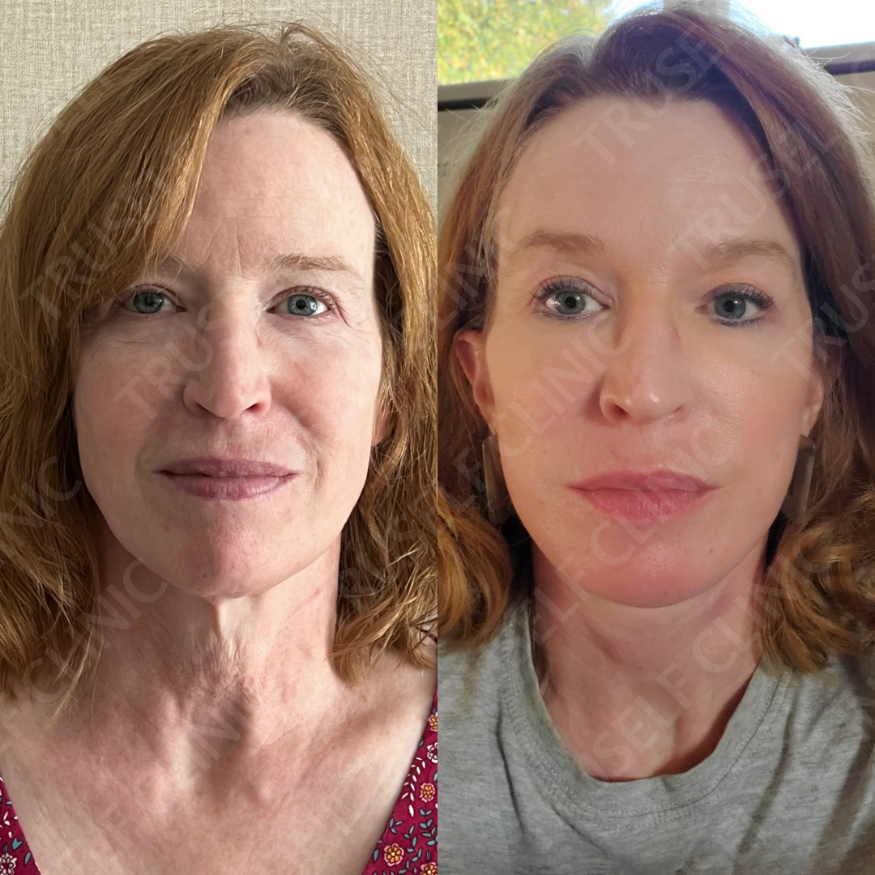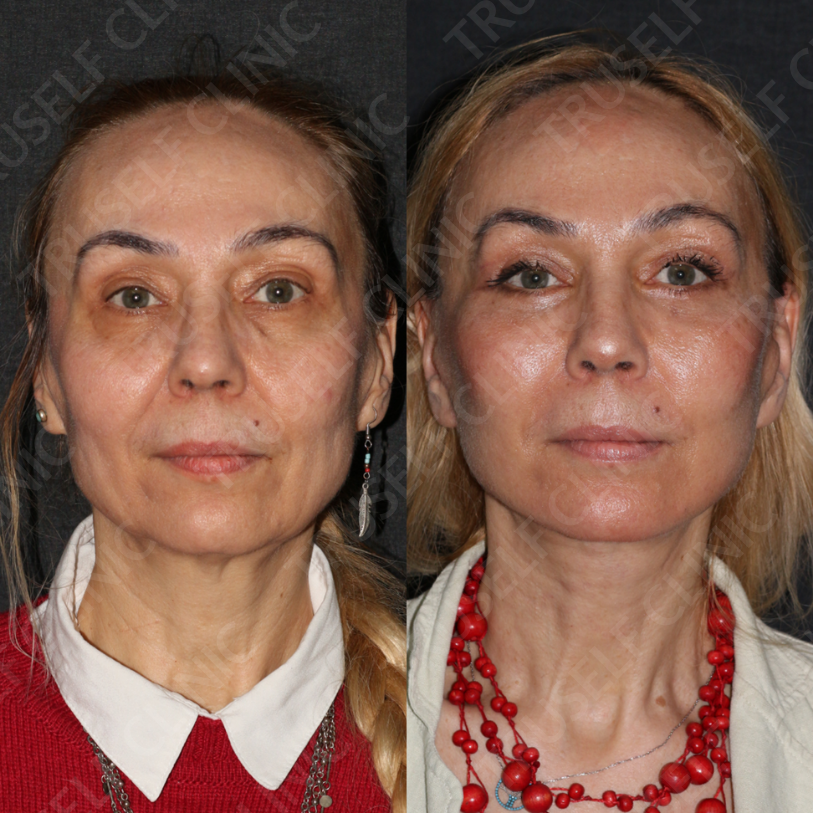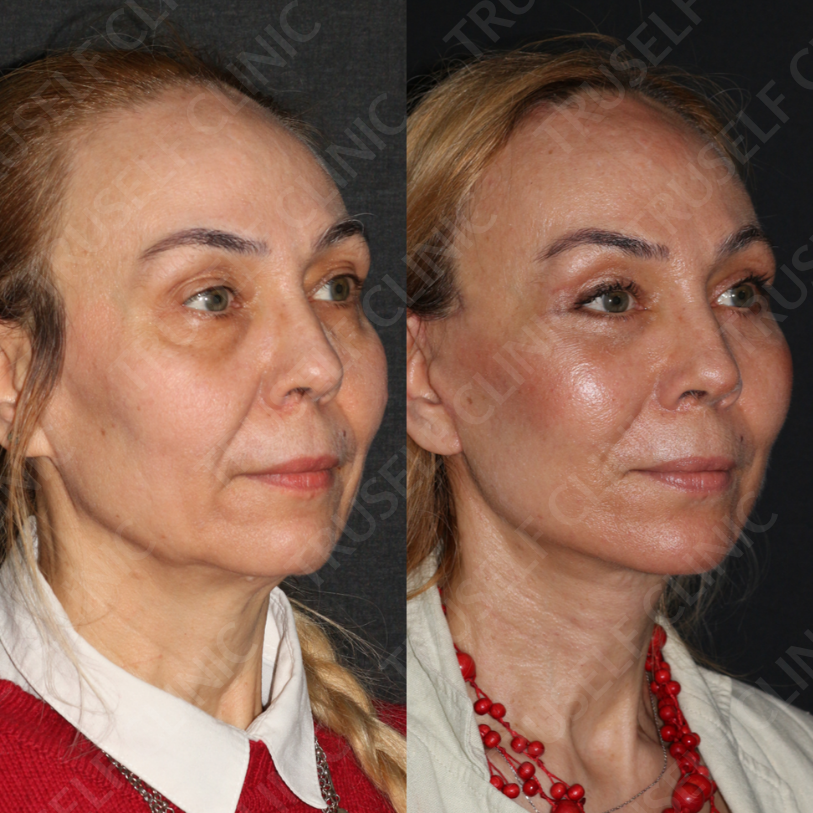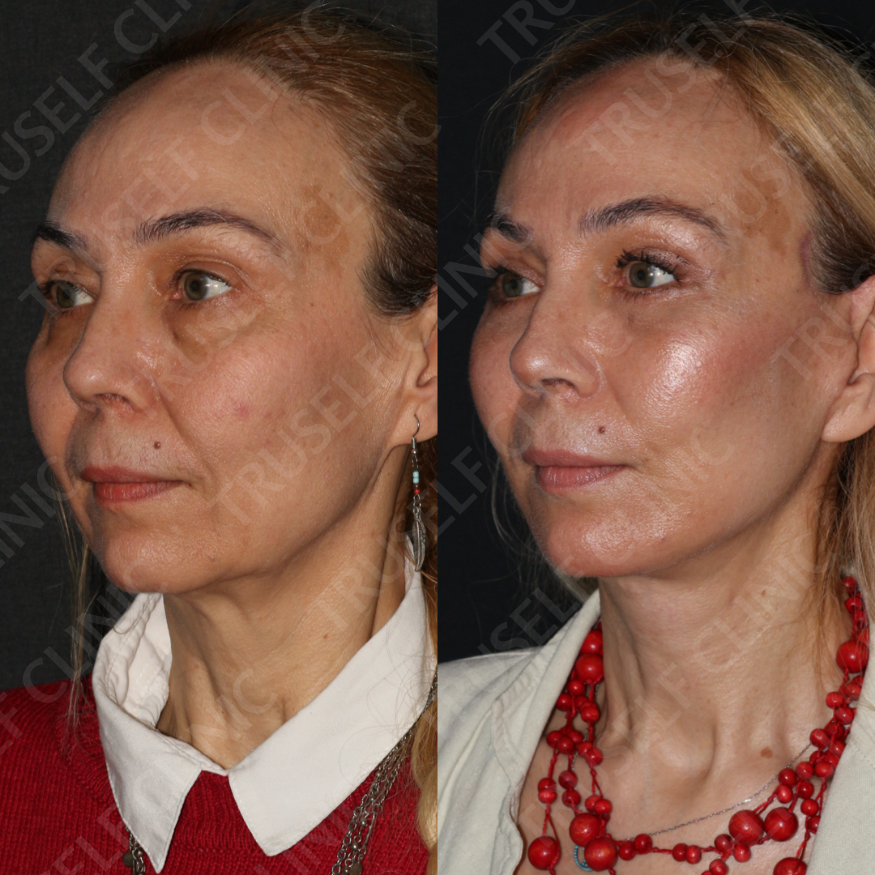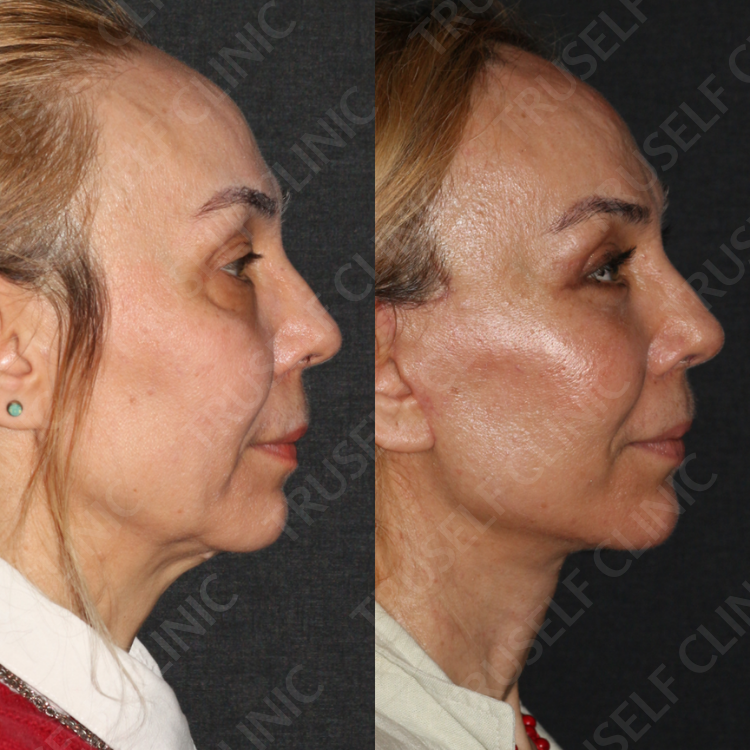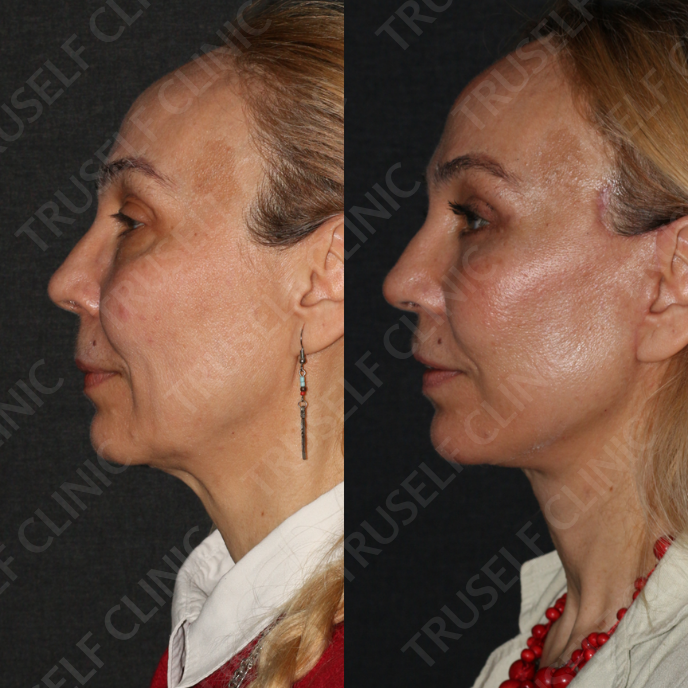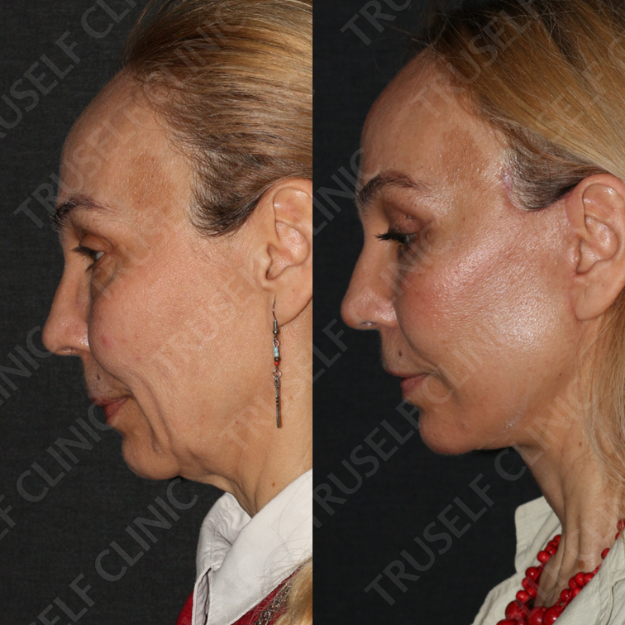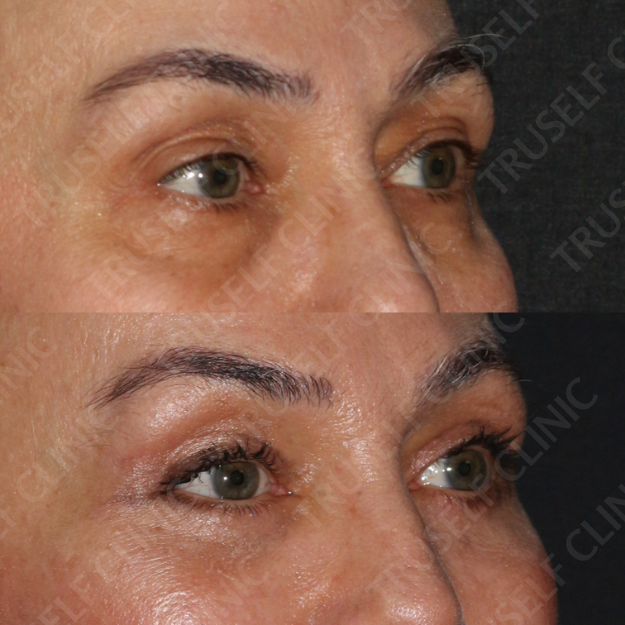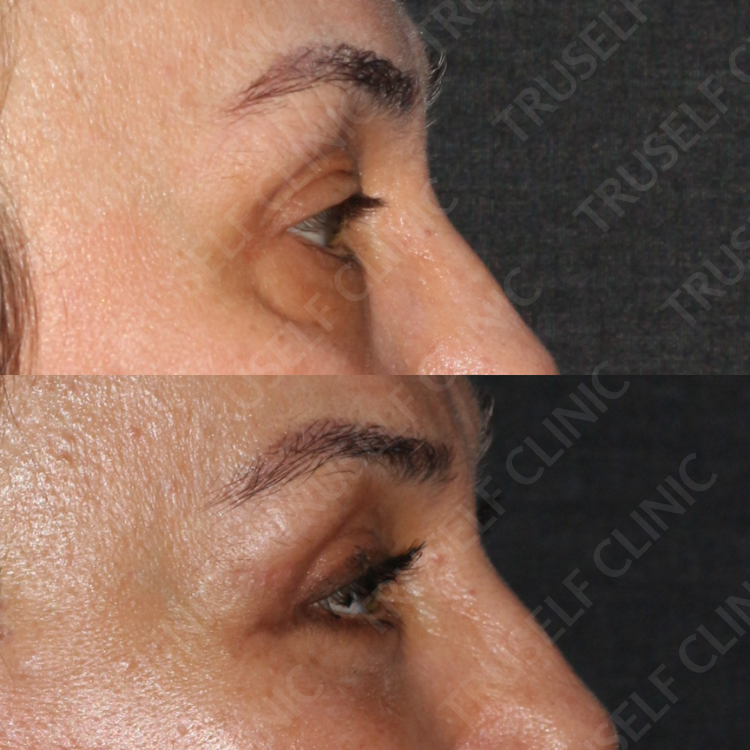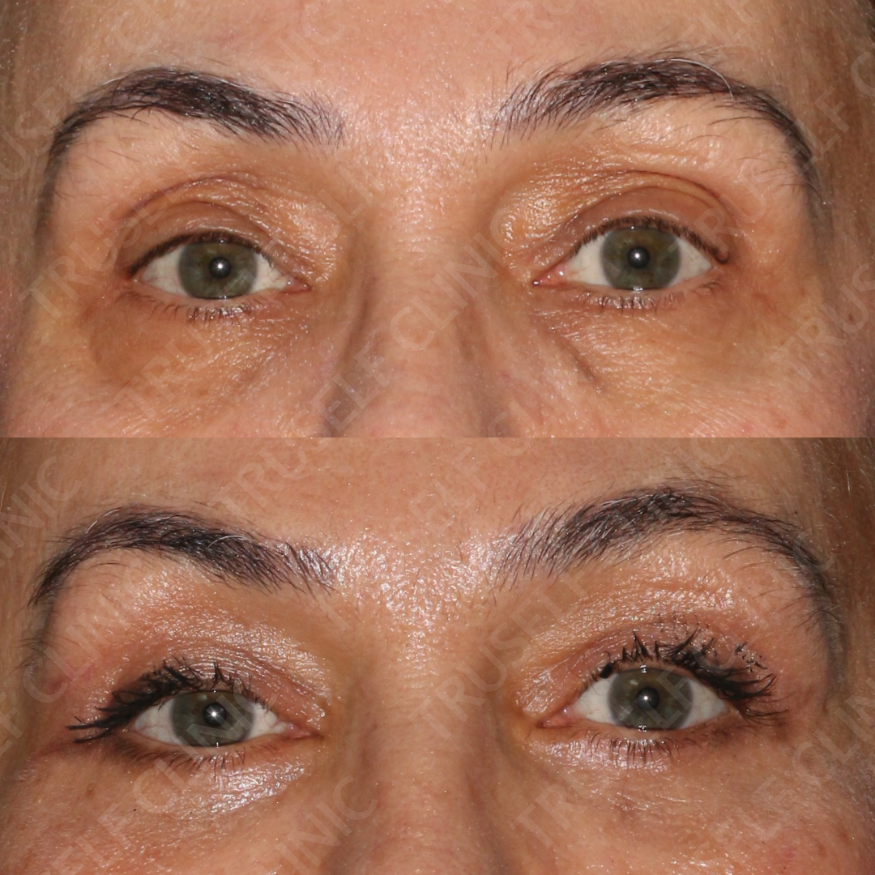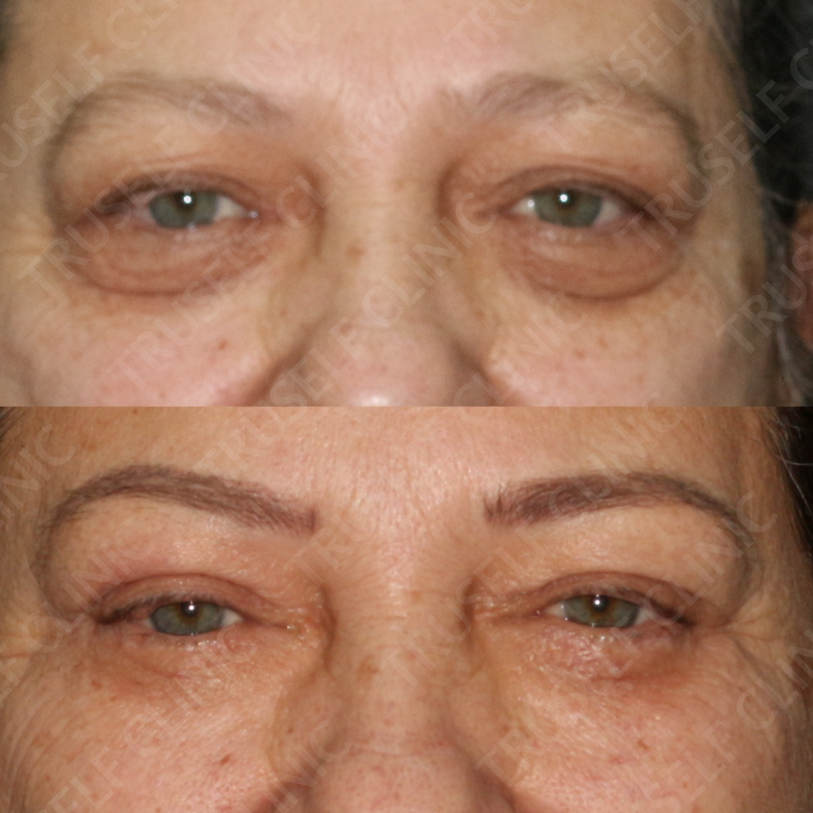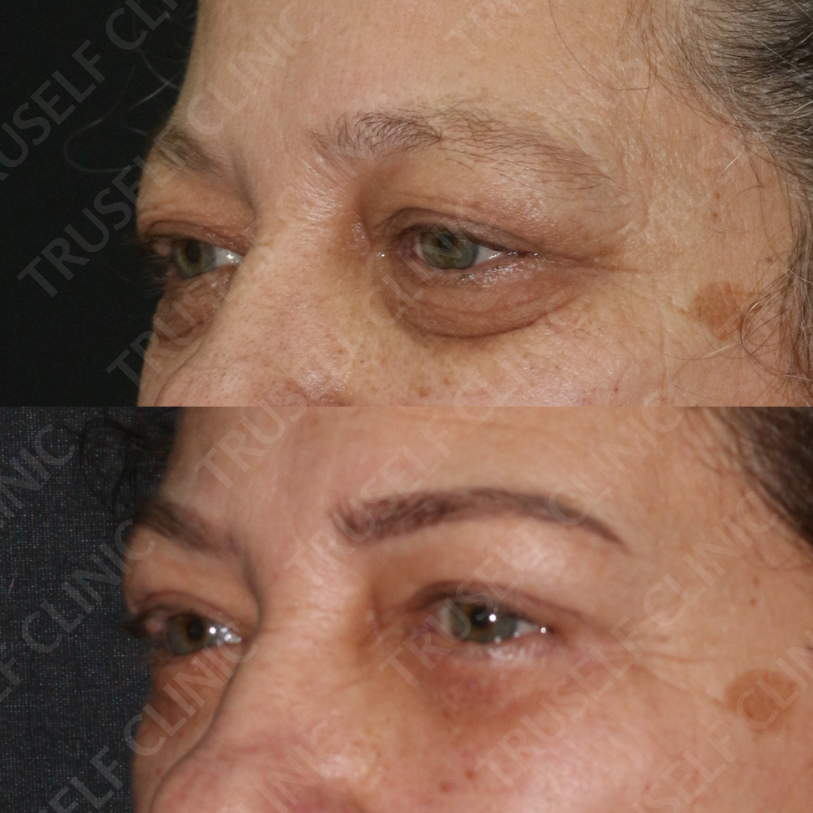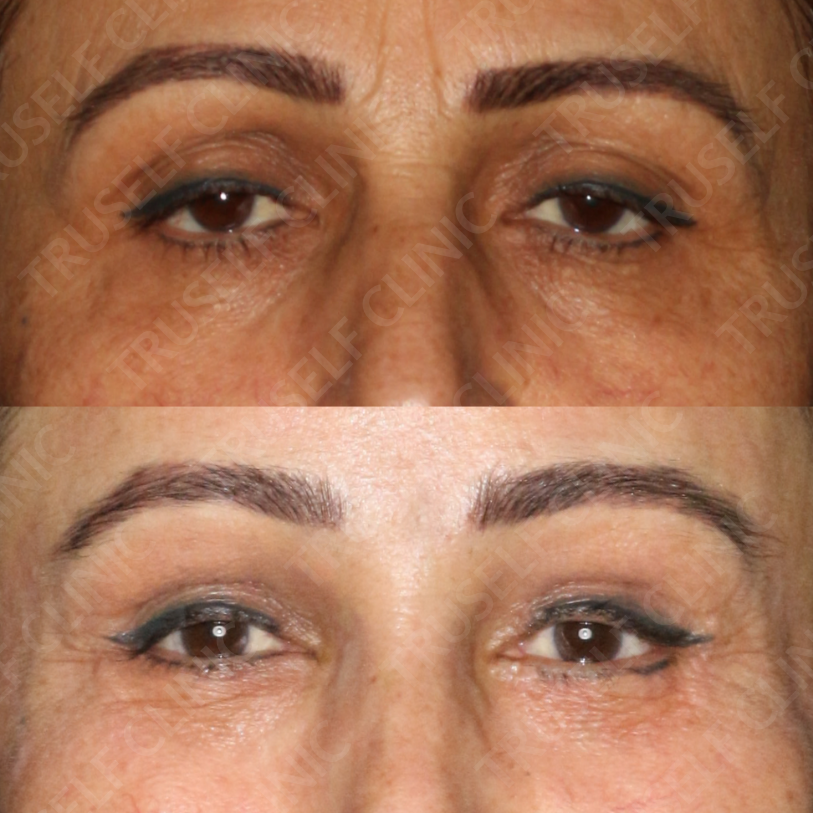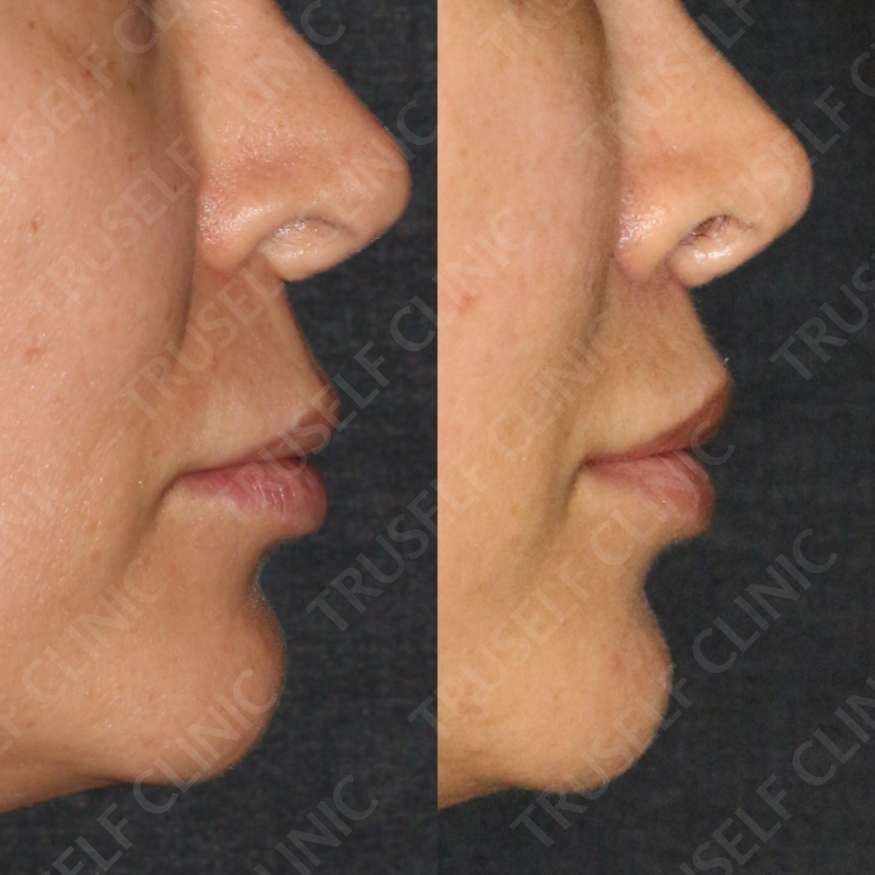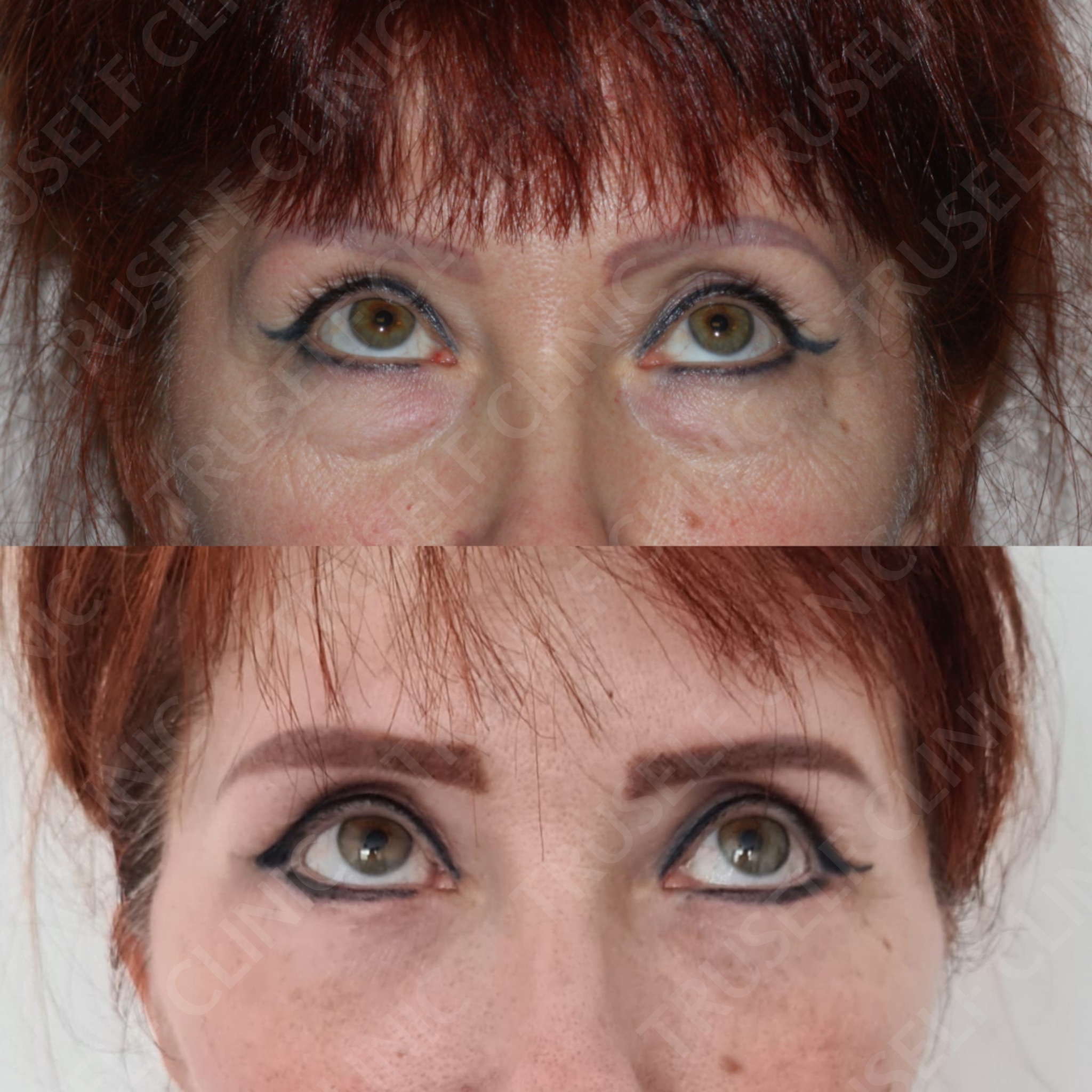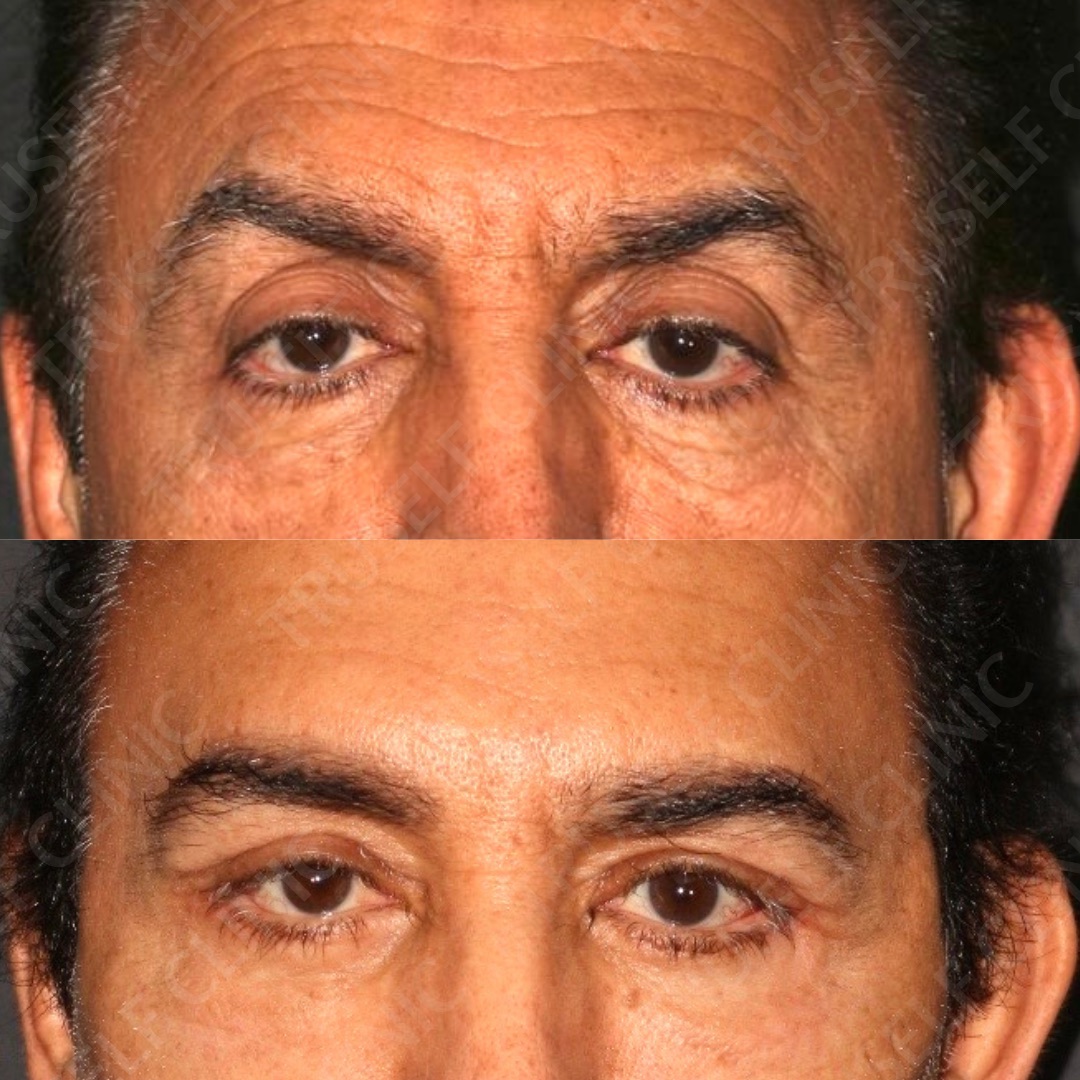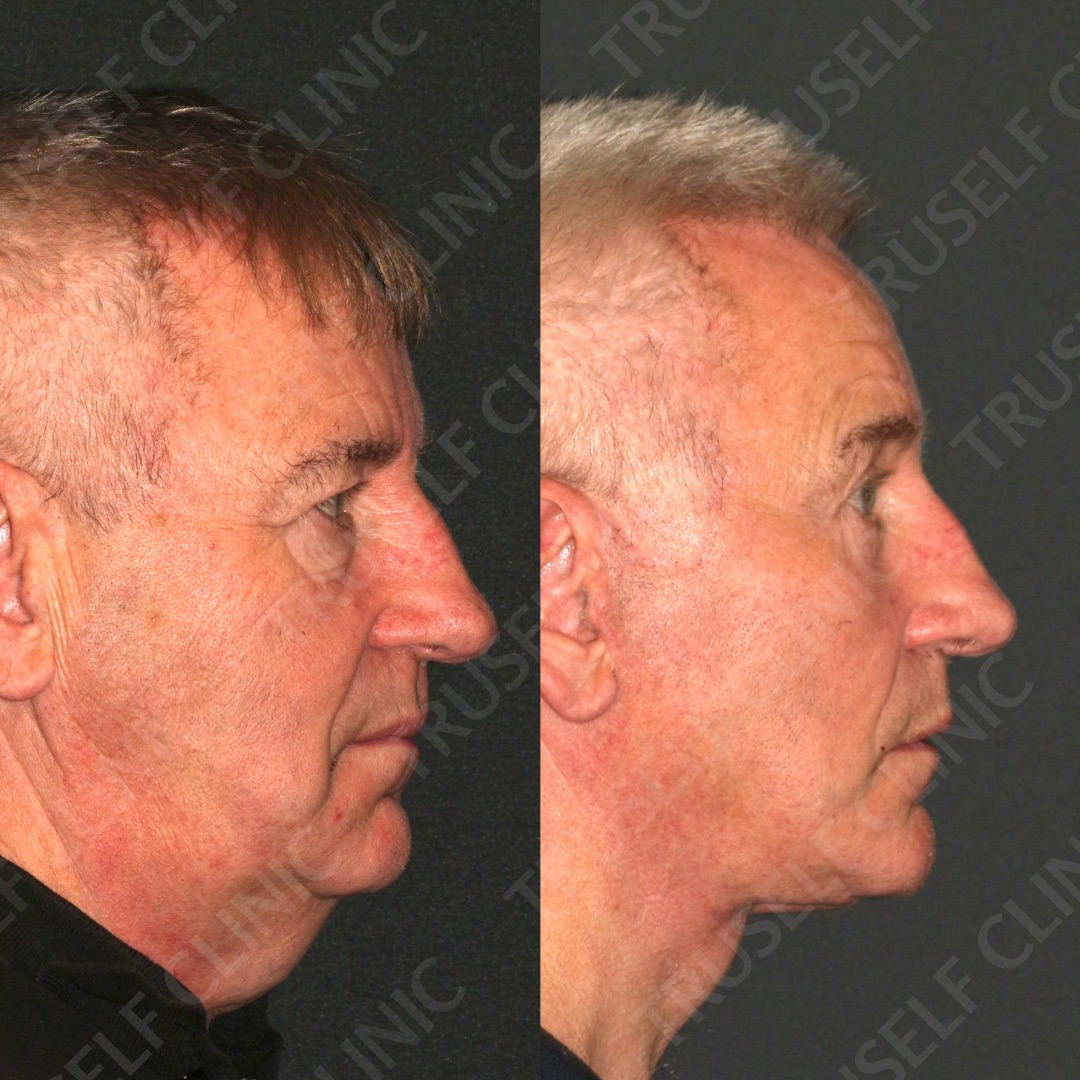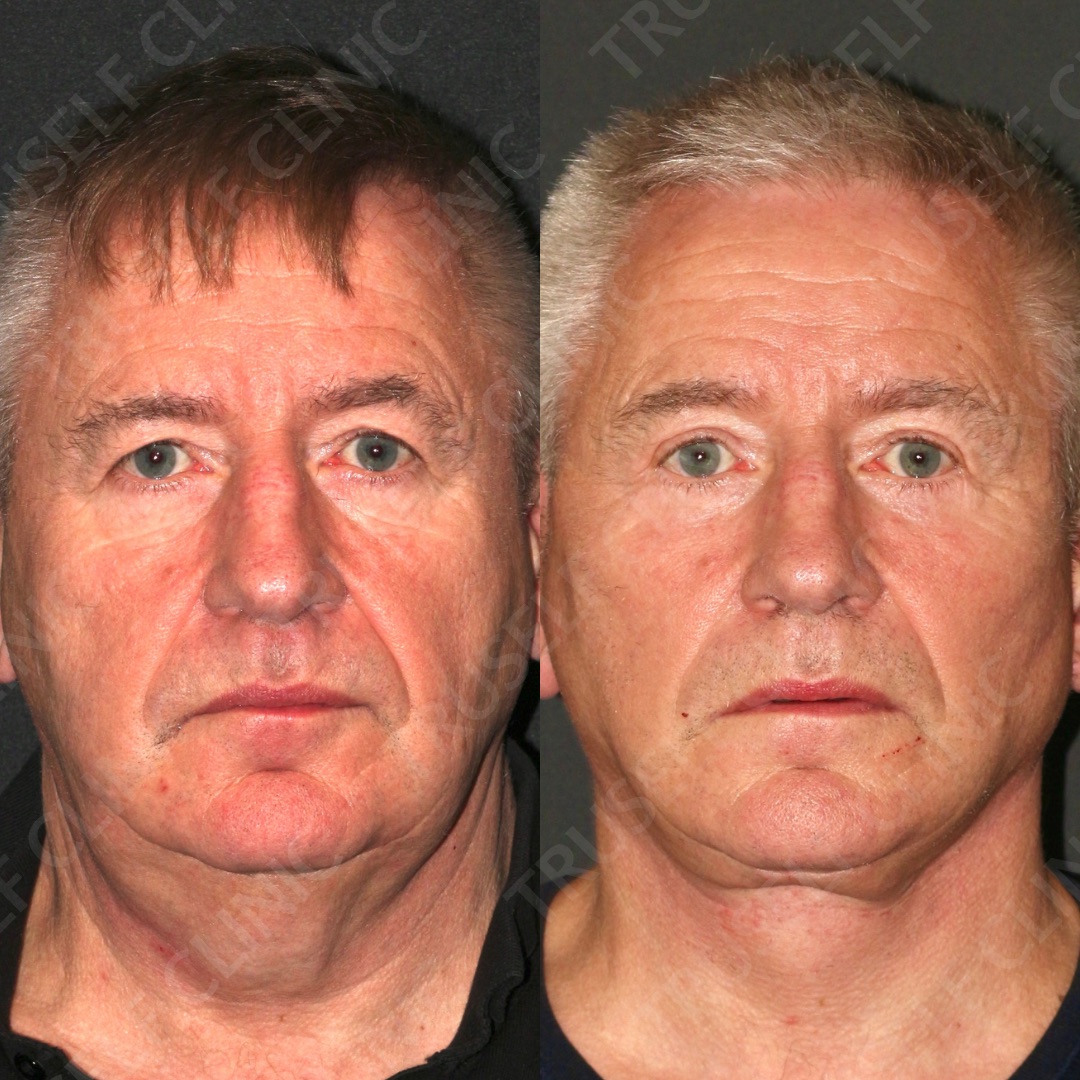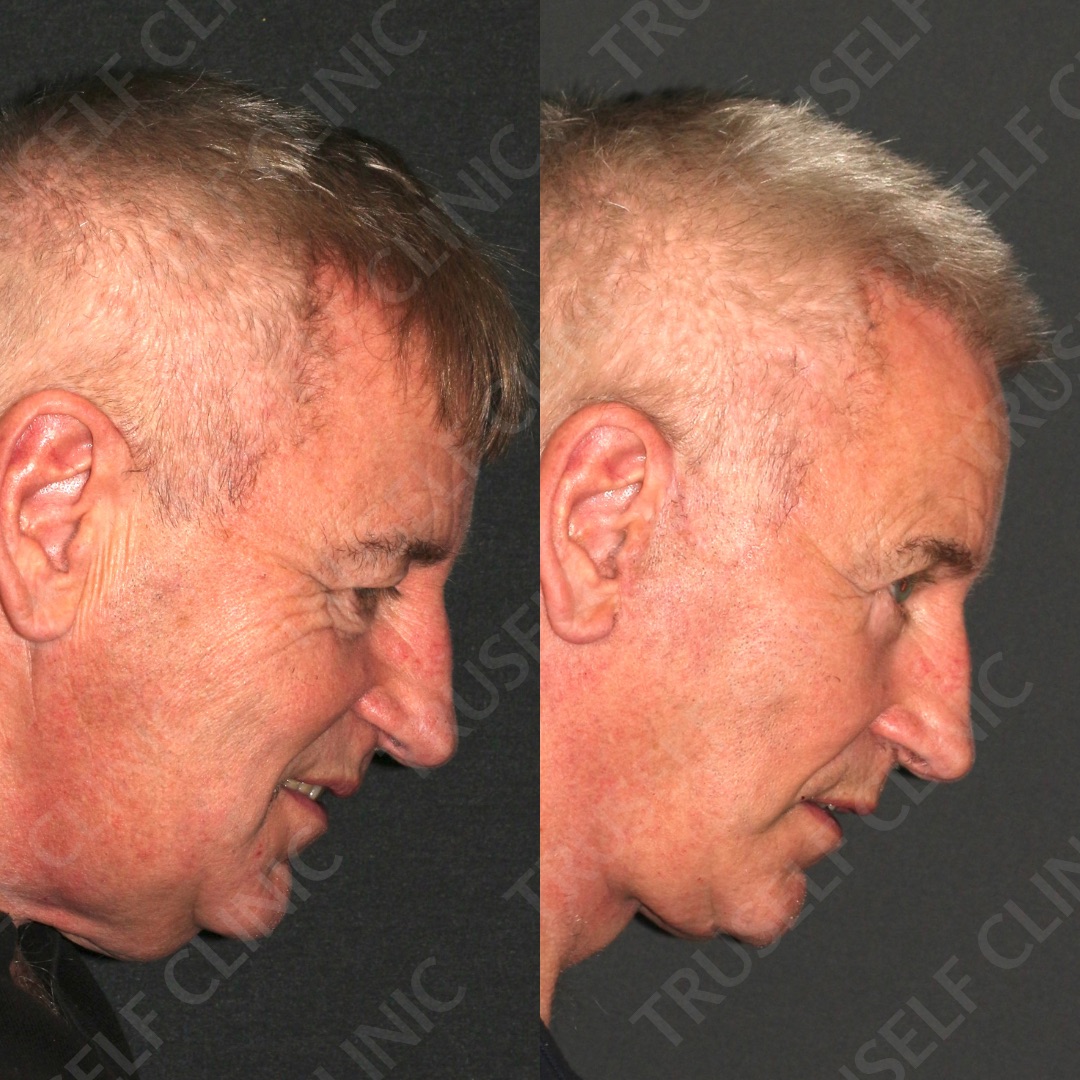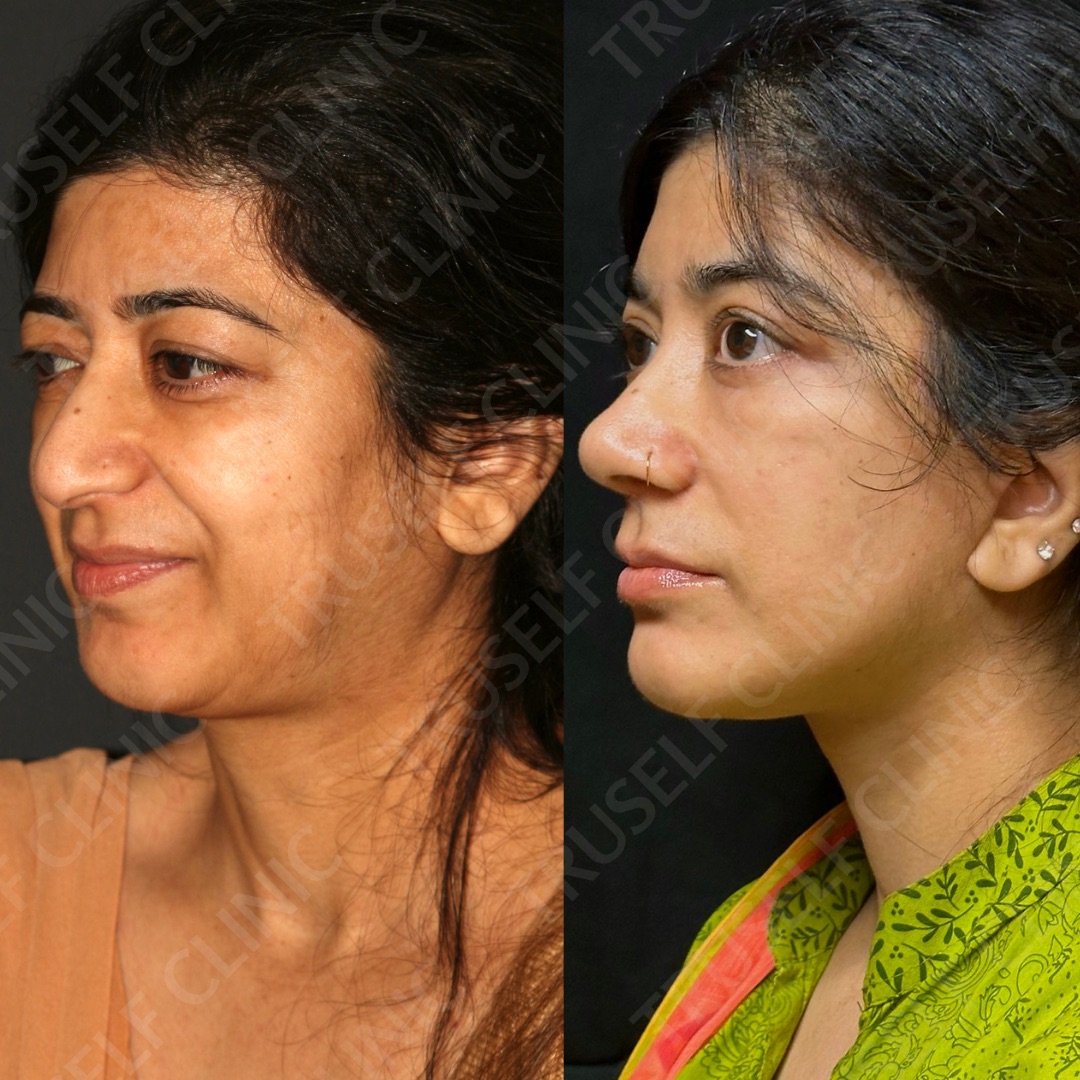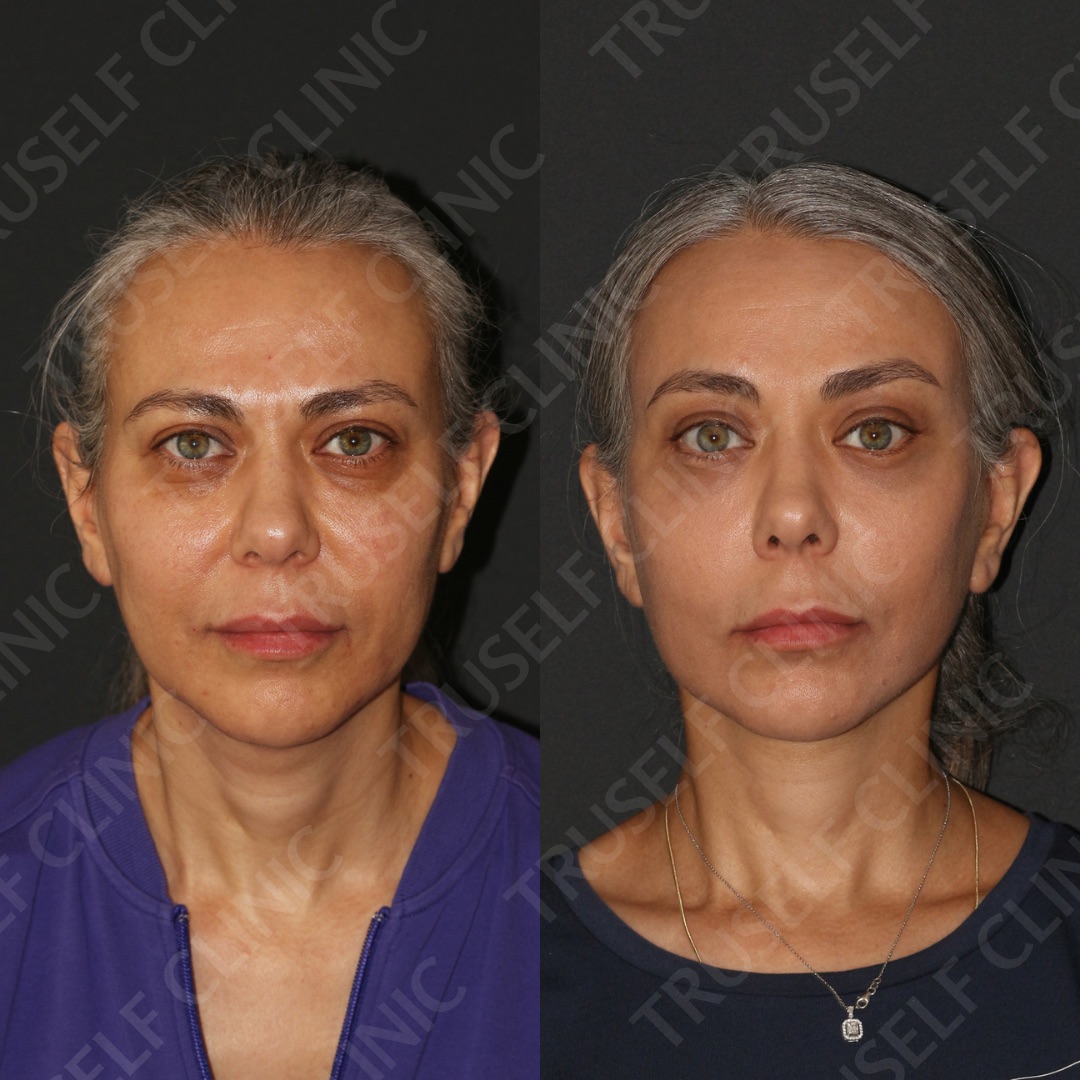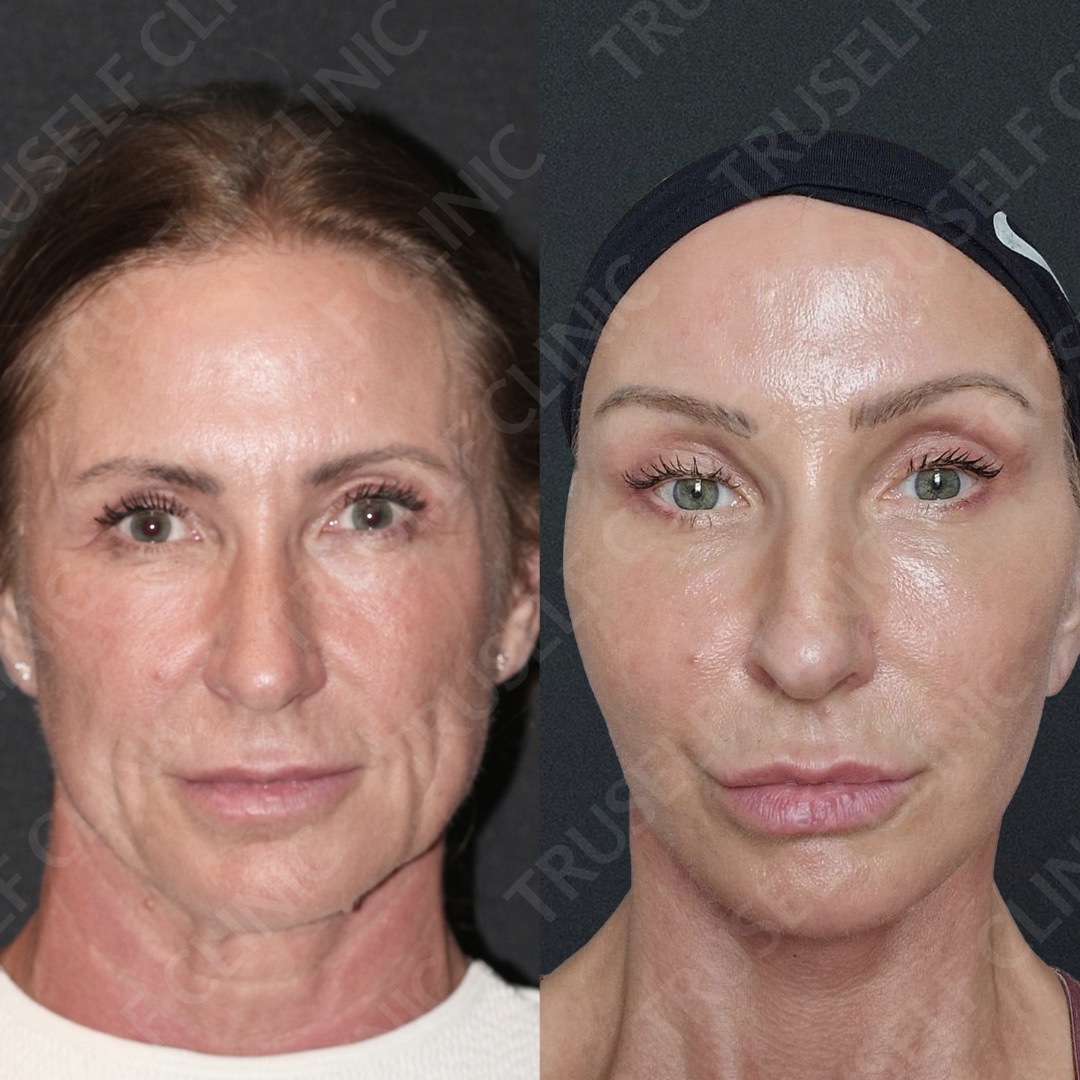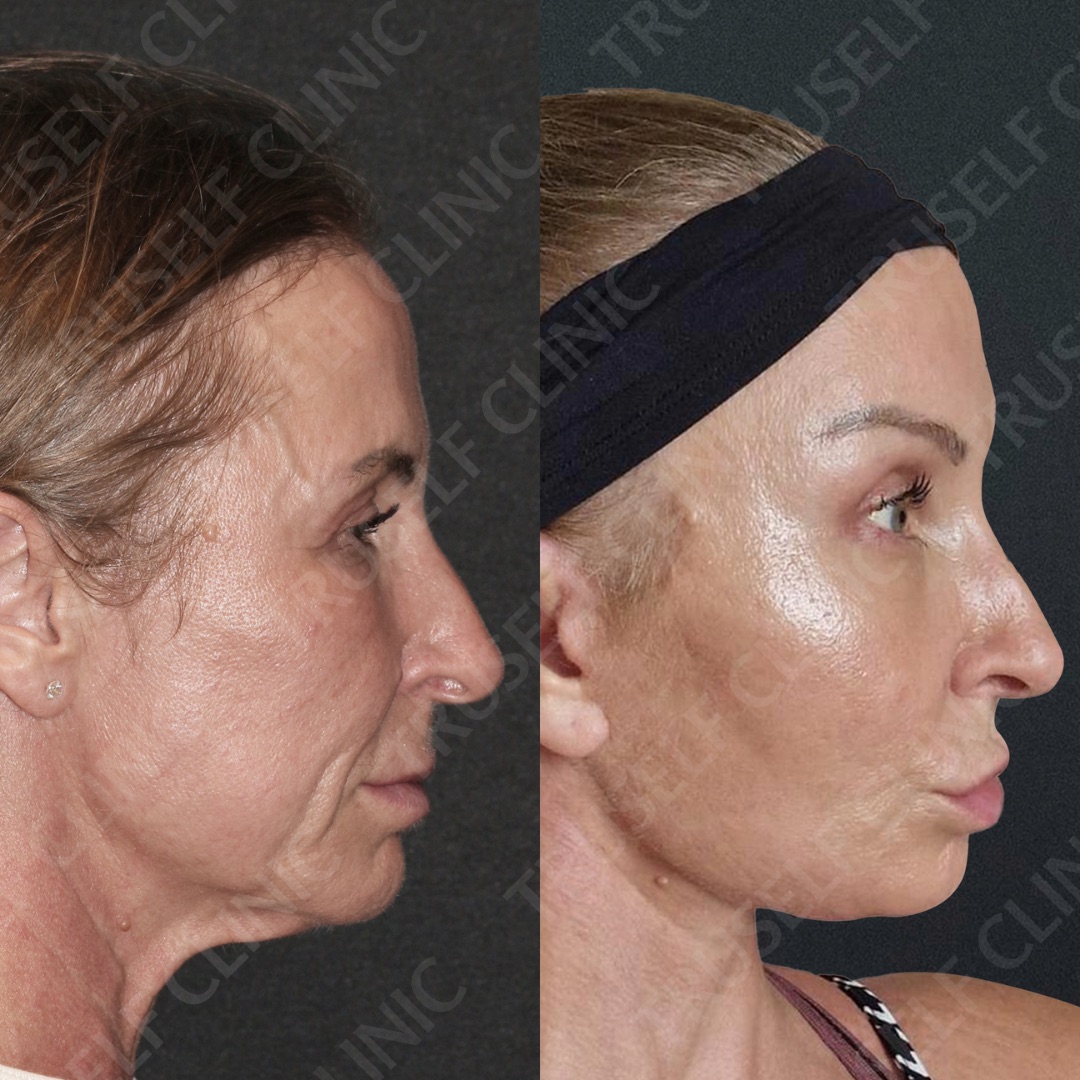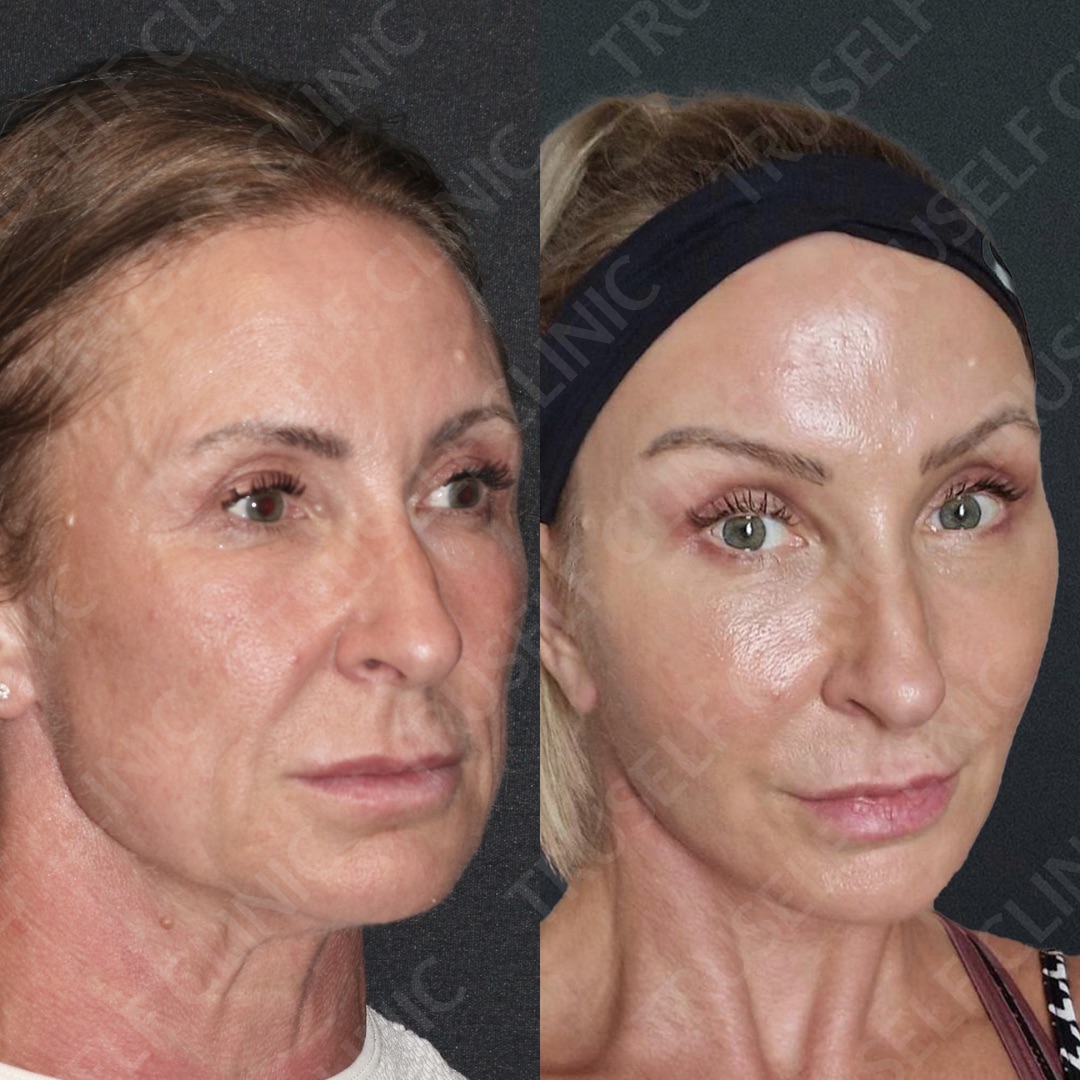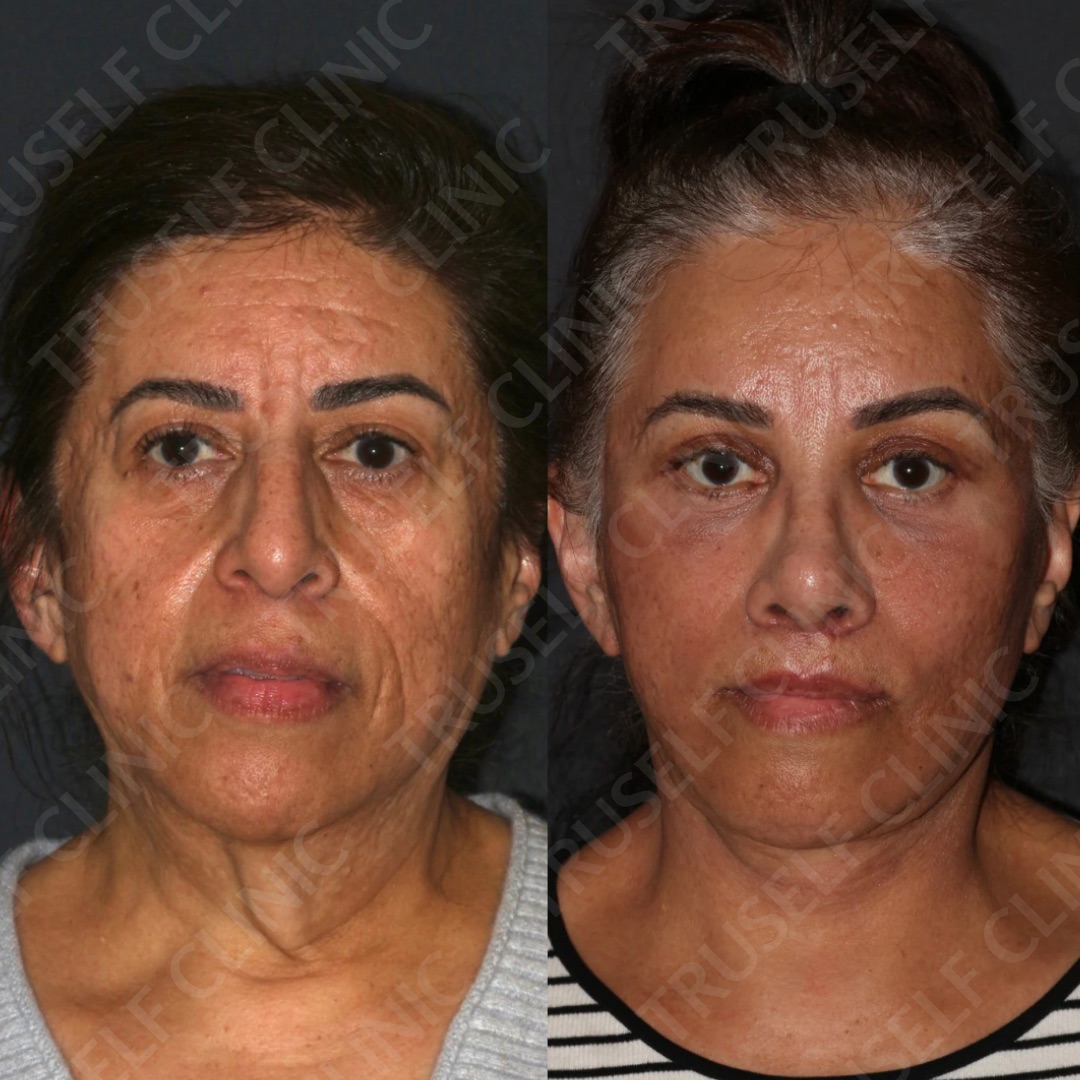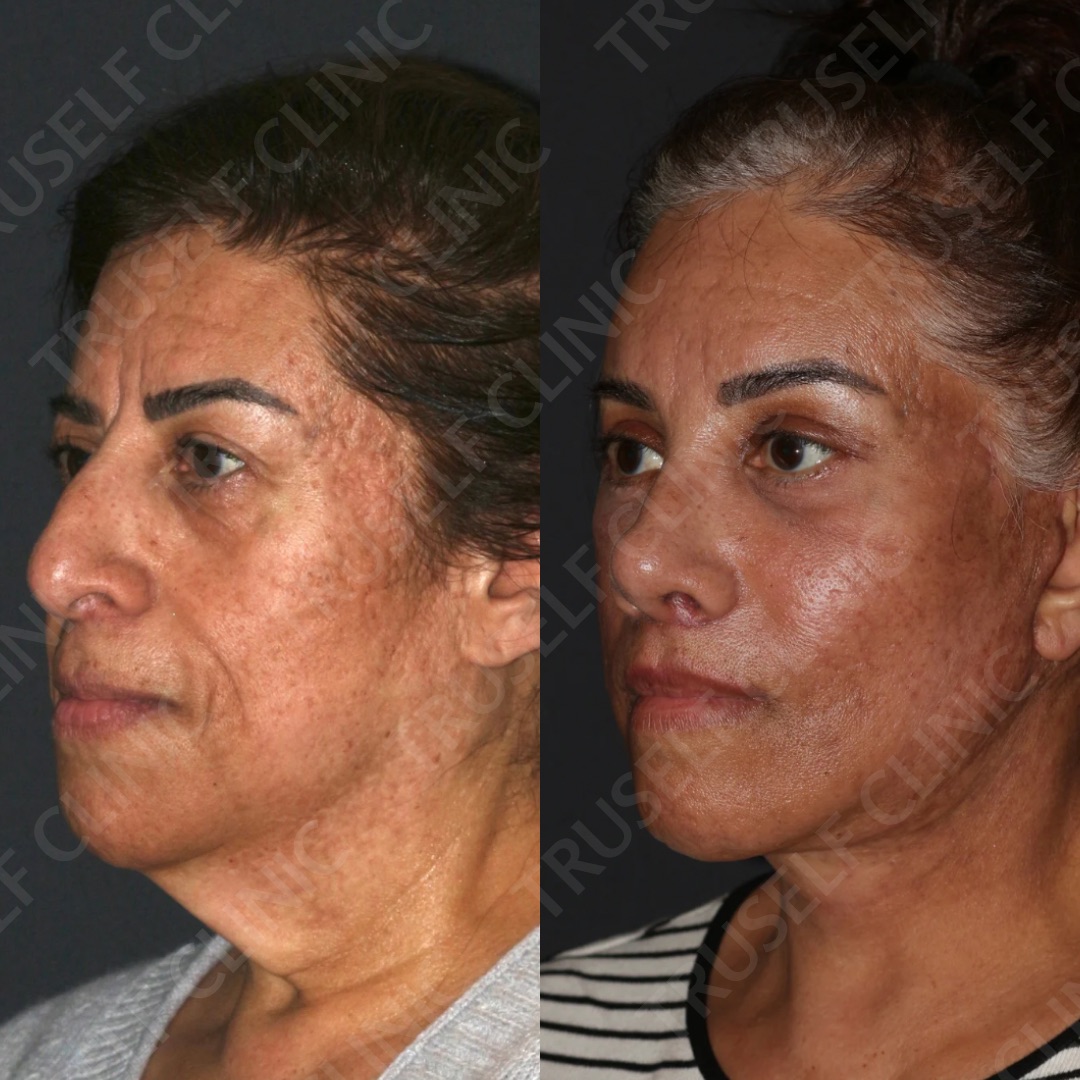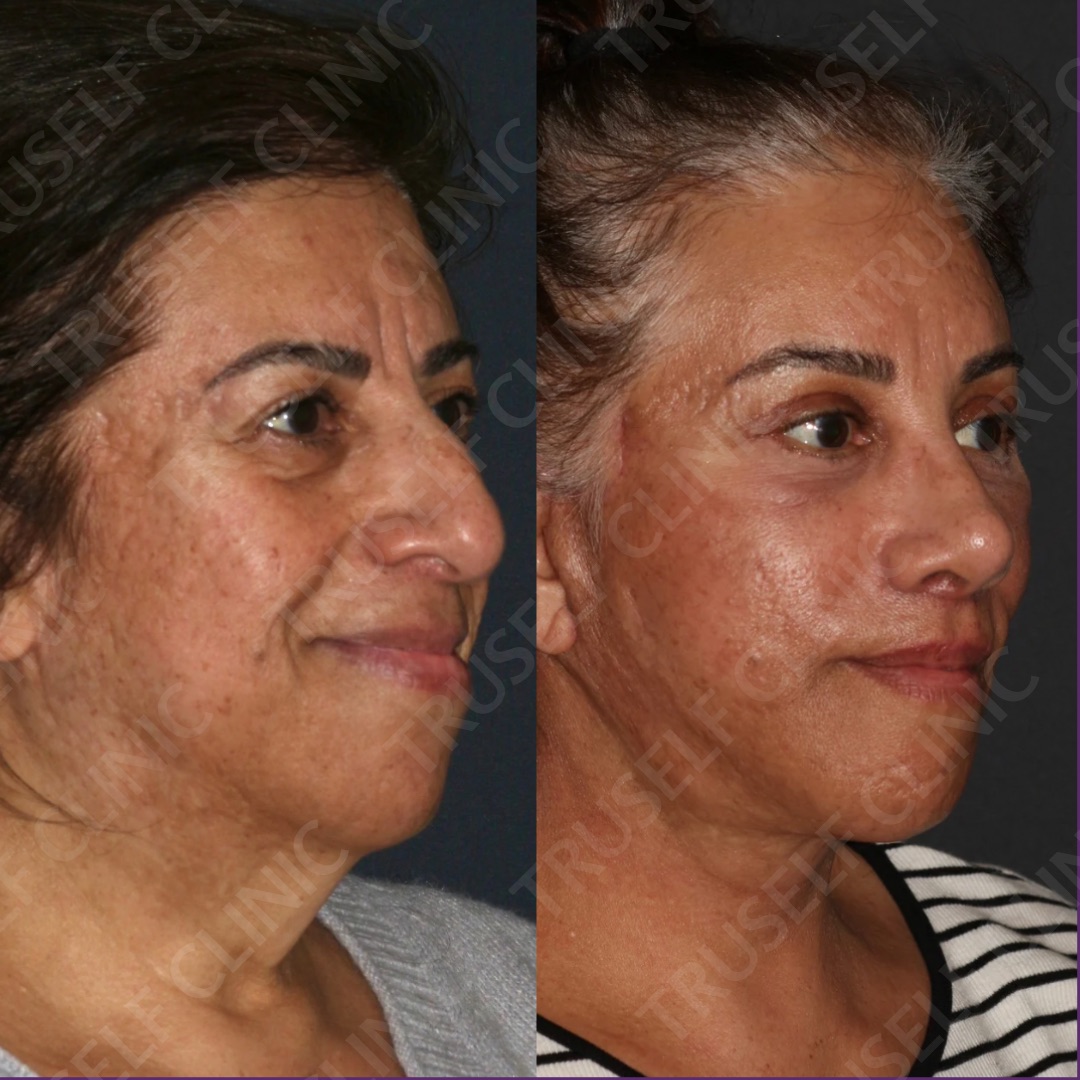Cheek Implants
Cheek implants surgery is a cosmetic procedure that involves the placement of implants to enhance the appearance of the cheeks. Cheek implants can add volume, definition, and contour to the cheekbones, creating a more youthful and balanced facial appearance.
During the surgery, the surgeon will make incisions either inside the mouth or along the lower eyelid and place the implant in a pocket created in the cheek tissue. The implant can be made of various materials such as silicone, Gore-Tex, or other synthetic materials, or it can be a natural implant made from the patient's own tissue.
The surgery is typically performed under general anesthesia or local anesthesia with sedation, and it can take one to two hours to complete. Patients may experience swelling, bruising, and discomfort after the surgery, but these symptoms usually subside within a week or two.
Cheek implant surgery is a relatively safe procedure with a low risk of complications when performed by a qualified and experienced plastic surgeon. However, as with any surgical procedure, there are some risks involved, such as infection, bleeding, implant shifting or displacement, and nerve damage. Patients should discuss the potential risks and benefits of the surgery with their surgeon before deciding to undergo the procedure.
Am I a good candidate for cheek implants surgery?
Determining whether someone is a good candidate for cheek implant surgery depends on several factors, including their overall health, facial anatomy, and aesthetic goals. Here are some general guidelines for determining whether someone may be a good candidate for cheek implant surgery:
Age: Patients should be at least 18 years old and have fully developed facial bones.
Good health: Patients should be in good overall health and not have any medical conditions that could increase the risk of complications during or after the surgery.
Facial anatomy: Patients should have a sufficient amount of facial tissue to support the implant, and their facial structure should be suitable for the type of implant they are considering.
Aesthetic goals: Patients should have realistic expectations and a clear understanding of the results they can expect from the procedure.
Commitment to recovery: Patients should be willing and able to follow the post-operative instructions provided by their surgeon, including taking time off work or other activities, avoiding certain foods or activities, and attending follow-up appointments.
It is important to consult with a qualified and experienced plastic surgeon to determine whether cheek implant surgery is right for you. During the consultation, the surgeon can evaluate your facial anatomy, discuss your aesthetic goals, and provide you with information about the procedure, potential risks and benefits, and expected recovery time.
What are the risks of cheek implant surgery?
Cheek implant surgery is generally considered safe, but as with any surgical procedure, there are potential risks and complications. These can include:
Infection: Any surgical procedure carries a risk of infection, which can be treated with antibiotics, but in rare cases may require implant removal.
Bleeding: Bleeding can occur during or after surgery and may require additional surgery to stop the bleeding.
Nerve damage: The surgery can damage facial nerves, leading to numbness, weakness, or altered sensation in the cheeks, lips, or gums.
Implant shifting: The implant can shift or move out of place, requiring additional surgery to reposition it.
Visibility of the implant: In some cases, the edges of the implant may become visible or palpable, resulting in a visible or palpable ridge on the cheek.
Asymmetry: The surgery can result in asymmetry or unevenness between the two cheeks.
Scarring: Incisions made for the surgery may result in visible scarring, particularly if they are made on the lower eyelid.
Dissatisfaction with the results: Some patients may be dissatisfied with the results of the surgery, either because the implant does not provide the desired aesthetic improvement or because it looks unnatural.
It is important to discuss these risks with your plastic surgeon before undergoing cheek implant surgery. A qualified and experienced surgeon can help you understand the risks and benefits of the procedure and develop a plan that is tailored to your individual needs and goals.
How to get ready for cheek implant surgery?
If you are considering cheek implant surgery, there are several steps you can take to prepare for the procedure and ensure a successful outcome. Here are some tips to help you get ready for cheek implant surgery:
Choose a qualified and experienced plastic surgeon: It is important to choose a plastic surgeon who is board-certified and has extensive experience performing cheek implant surgery. Look for a surgeon who has a good reputation, excellent credentials, and positive patient reviews.
Attend a consultation: Schedule a consultation with your chosen plastic surgeon to discuss your aesthetic goals, medical history, and any concerns you may have. During the consultation, the surgeon will evaluate your facial anatomy, explain the procedure in detail, and provide you with information about the risks, benefits, and expected recovery time.
Prepare for the surgery: Your surgeon will provide you with specific instructions on how to prepare for the surgery. This may include stopping certain medications or supplements that can increase the risk of bleeding, quitting smoking, and avoiding alcohol and caffeine for several days before the surgery.
Arrange for transportation: Cheek implant surgery is typically performed under general anesthesia or sedation, so you will need to arrange for transportation to and from the surgical facility.
Arrange for post-operative care: You will need to arrange for someone to help you with daily tasks for a few days after the surgery, such as cooking, cleaning, and running errands.
Purchase supplies: Your surgeon may recommend purchasing certain supplies to help with your recovery, such as ice packs, gauze, and pain medication.
Follow pre-operative instructions: Follow your surgeon's pre-operative instructions carefully to ensure a successful outcome. This may include fasting for a certain period before the surgery, avoiding certain foods or medications, and staying hydrated.
By taking these steps to prepare for cheek implant surgery, you can help ensure a successful outcome and a smooth recovery.
How to take care of yourself after cheek implant surgery?
After cheek implant surgery, it is important to take proper care of yourself to ensure a smooth and successful recovery. Here are some tips to help you take care of yourself after cheek implant surgery:
Follow your surgeon's instructions: Your surgeon will provide you with specific instructions on how to care for yourself after the surgery. It is important to follow these instructions carefully to avoid complications and ensure optimal healing.
Rest and avoid strenuous activity: It is important to get plenty of rest and avoid strenuous activity for several days after the surgery. This will help reduce swelling and minimize the risk of complications.
Apply ice packs: Applying ice packs to your cheeks can help reduce swelling and bruising. Your surgeon may recommend applying ice packs for 15-20 minutes at a time, several times a day, for the first few days after surgery.
Take pain medication: Your surgeon may prescribe pain medication to help manage any discomfort after the surgery. Take this medication as directed by your surgeon.
Eat a soft diet: Eating a soft diet for several days after surgery can help reduce pain and discomfort. Your surgeon may recommend eating soft foods such as soups, mashed potatoes, and smoothies.
Avoid smoking and alcohol: Smoking and alcohol can interfere with the healing process and increase the risk of complications. It is important to avoid smoking and alcohol for at least several weeks after the surgery.
Avoid touching or rubbing your cheeks: It is important to avoid touching or rubbing your cheeks for several weeks after the surgery. This can help prevent infection and minimize the risk of implant displacement.
Attend follow-up appointments: Your surgeon will schedule several follow-up appointments to monitor your healing and ensure that you are on track for a successful recovery. It is important to attend these appointments and follow your surgeon's recommendations.
By following these tips, you can help ensure a smooth and successful recovery after cheek implant surgery. If you have any questions or concerns about your recovery, be sure to contact your surgeon for advice.
How is the healing process after cheek implant surgery?
The healing process after cheek implant surgery typically takes several weeks, but most patients are able to resume normal activities within a week or two. Here is a general timeline of what you can expect during the healing process after cheek implant surgery:
First 24-48 hours:
- You will experience some pain, swelling, and bruising around your cheeks and eyes.
- Your surgeon may prescribe pain medication to help manage any discomfort.
- You will need to rest and avoid strenuous activity.
First week:
- You may still experience some pain and discomfort, but it should gradually improve.
- You will need to continue resting and avoiding strenuous activity.
- You can start to eat a soft diet.
- You will need to avoid smoking and drinking alcohol.
- Your surgeon may remove any bandages or sutures and clean your incisions.
- You may be able to return to work or normal activities, but you should avoid anything that could cause trauma to your cheeks.
First month:
- Your swelling and bruising should continue to improve.
- You can gradually start to resume normal activities, but you should still avoid strenuous activity or contact sports.
- Your surgeon may recommend massage or compression garments to help reduce swelling.
- Your incisions will start to heal, but you may still experience some numbness or tingling around your cheeks.
6-12 months:
- Your swelling and bruising should be fully resolved.
- Your incisions will be fully healed and any residual numbness or tingling should be gone.
- Your final results should be visible and you can start to enjoy your new look.
It is important to follow your surgeon's instructions carefully during the healing process and attend all follow-up appointments to ensure a successful outcome. If you experience any unusual symptoms or complications during the healing process, be sure to contact your surgeon for advice.
How is the scarring after cheek implants?
The scarring after cheek implant surgery is typically minimal and well-hidden. The incision for cheek implant surgery is typically made inside the mouth, along the lower gum line, or sometimes in the lower eyelid or behind the hairline.
If the incision is made inside the mouth, there will be no visible scarring on the outside of the face. If the incision is made in the lower eyelid or behind the hairline, any scarring is typically hidden by the natural creases and contours of the face.
After the surgery, your surgeon will provide specific instructions on how to care for the incision site, including how to keep it clean and how to avoid disturbing the healing process. It is important to follow these instructions carefully to minimize the risk of complications and to promote optimal healing.
Over time, any scarring that does occur should fade and become less noticeable. In some cases, scar massage or other treatments may be recommended to help speed up the healing process and improve the appearance of the scar.
Overall, the scarring after cheek implant surgery is usually minimal and well-hidden, making it a popular and effective option for those looking to enhance the appearance of their cheeks.










